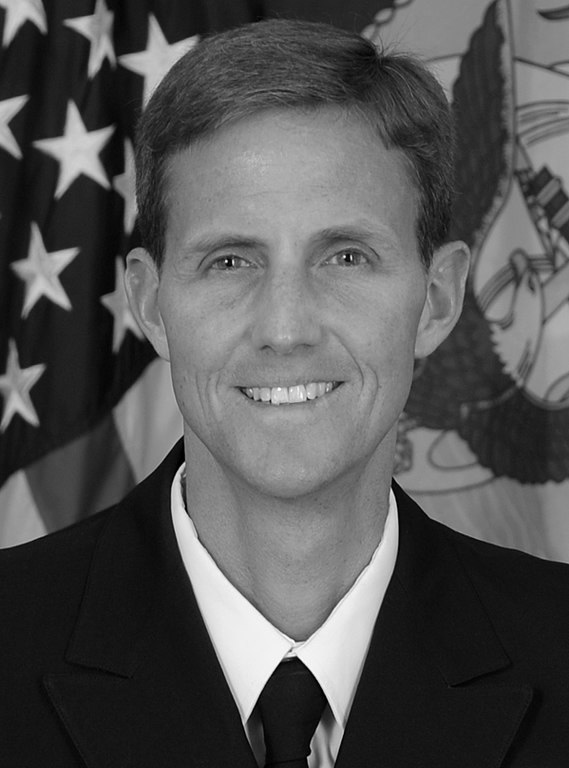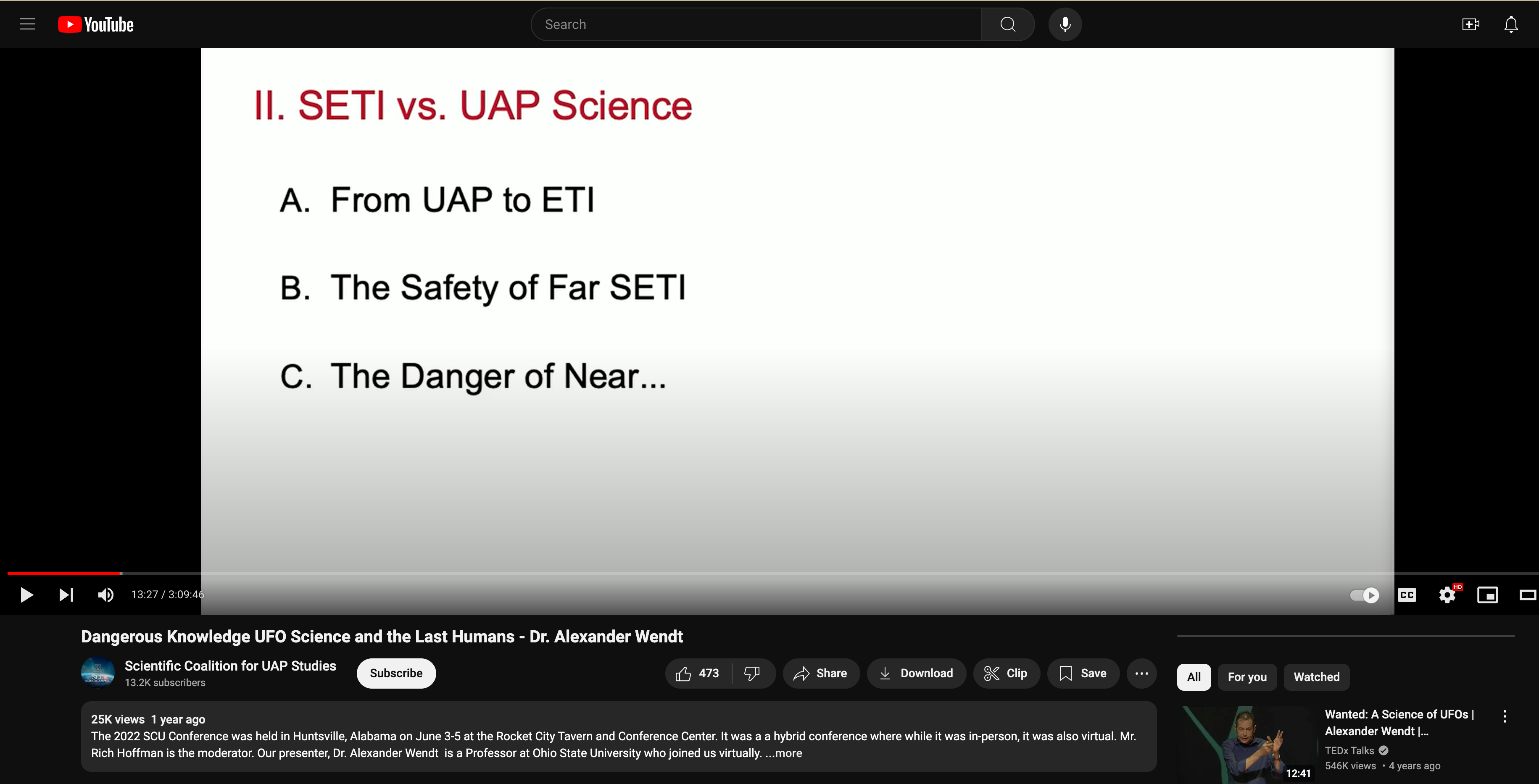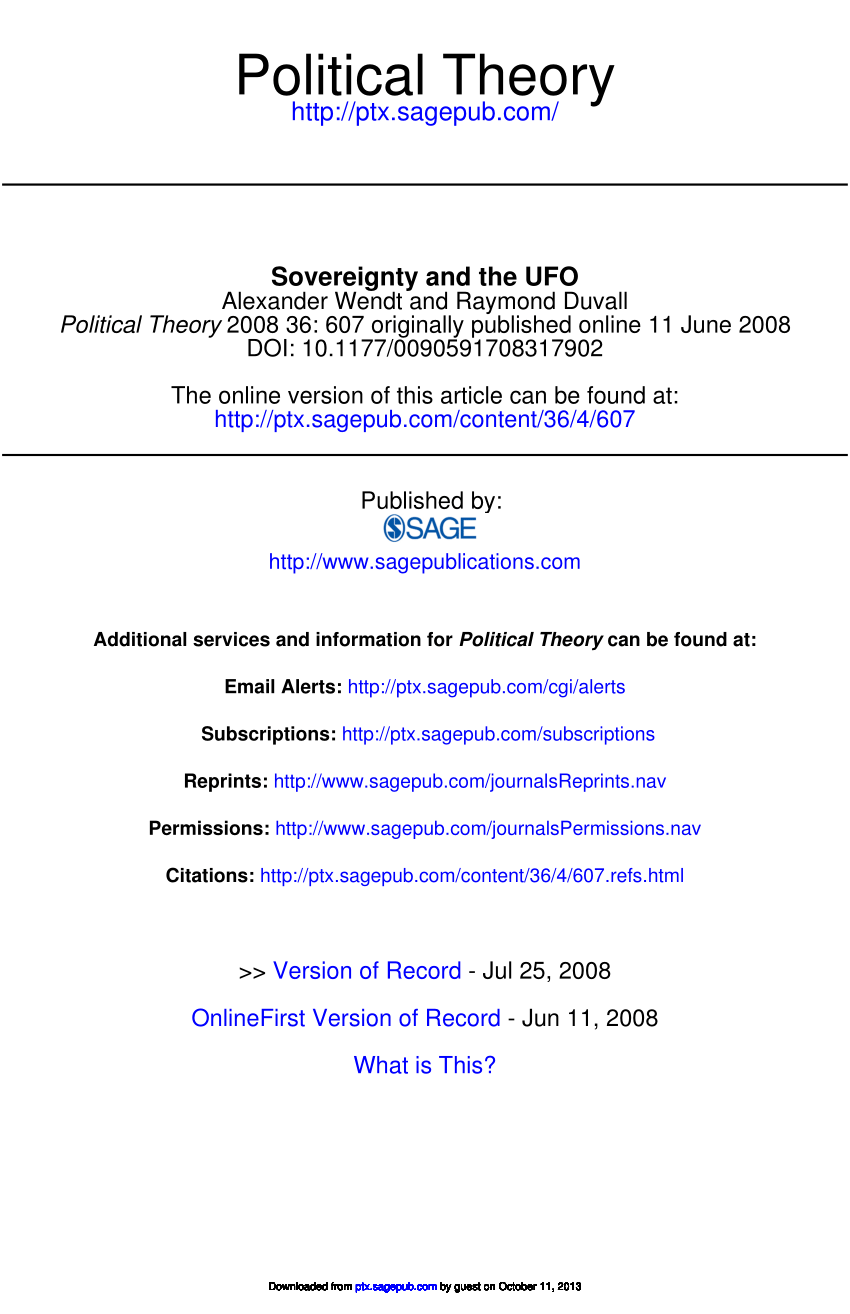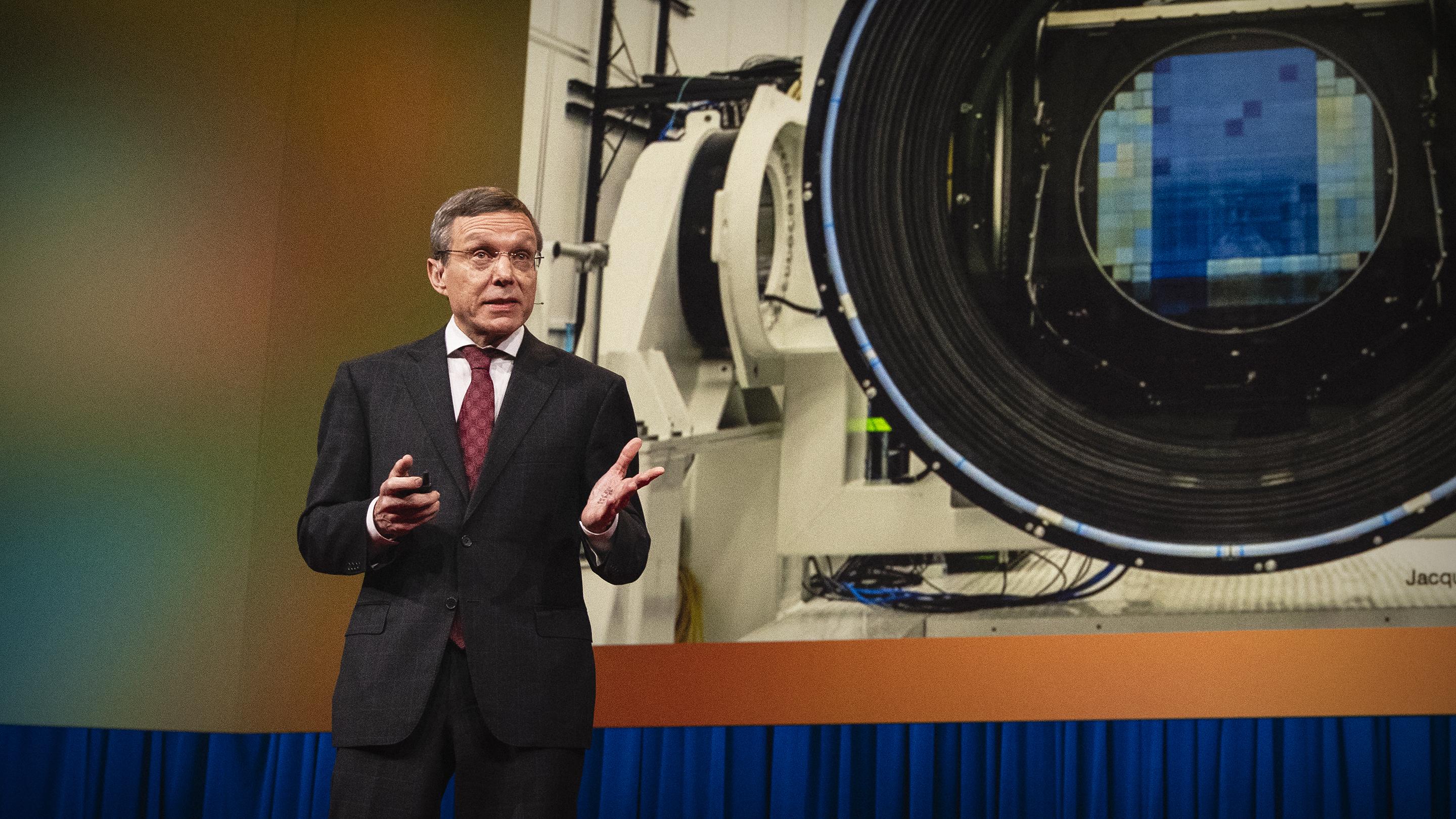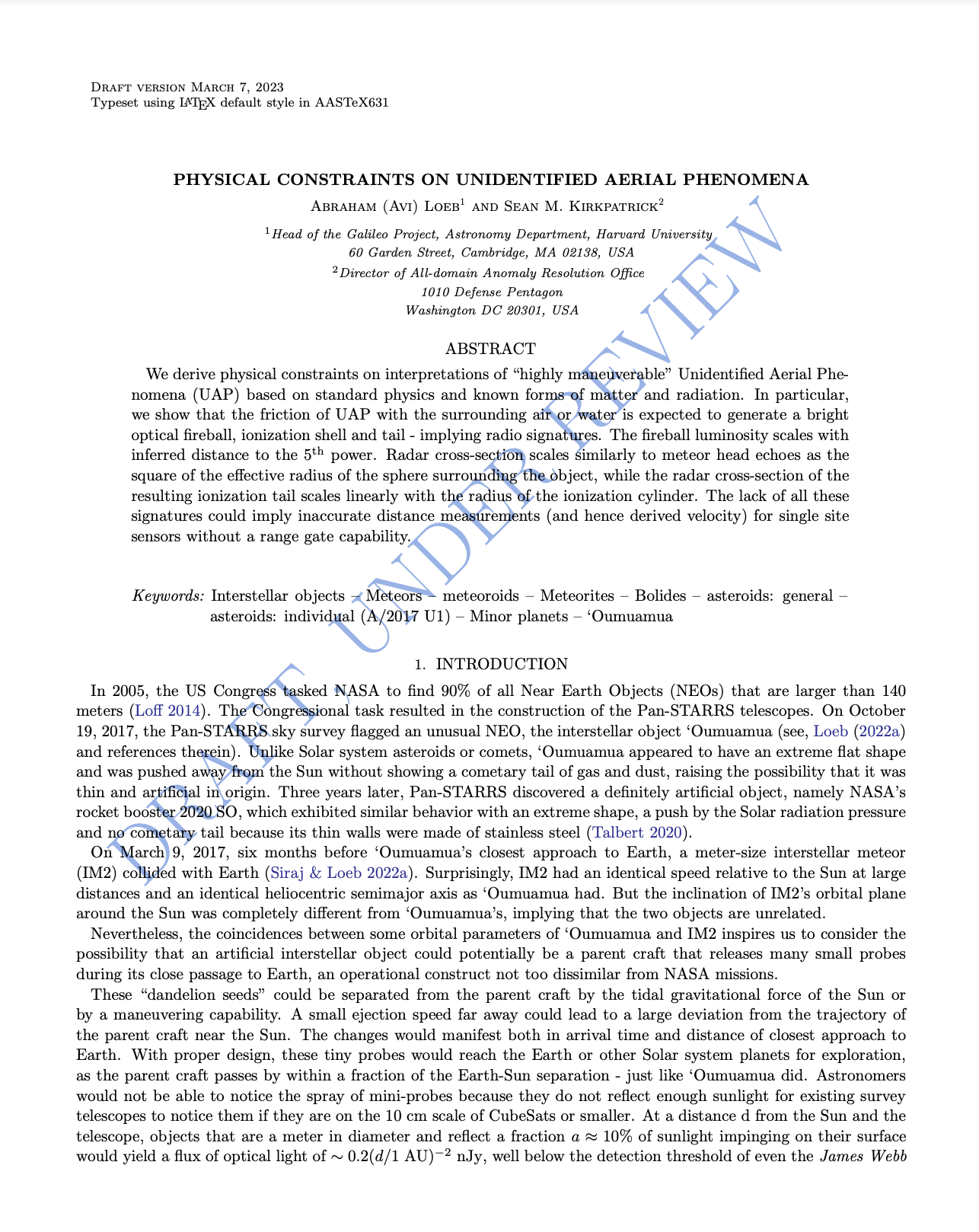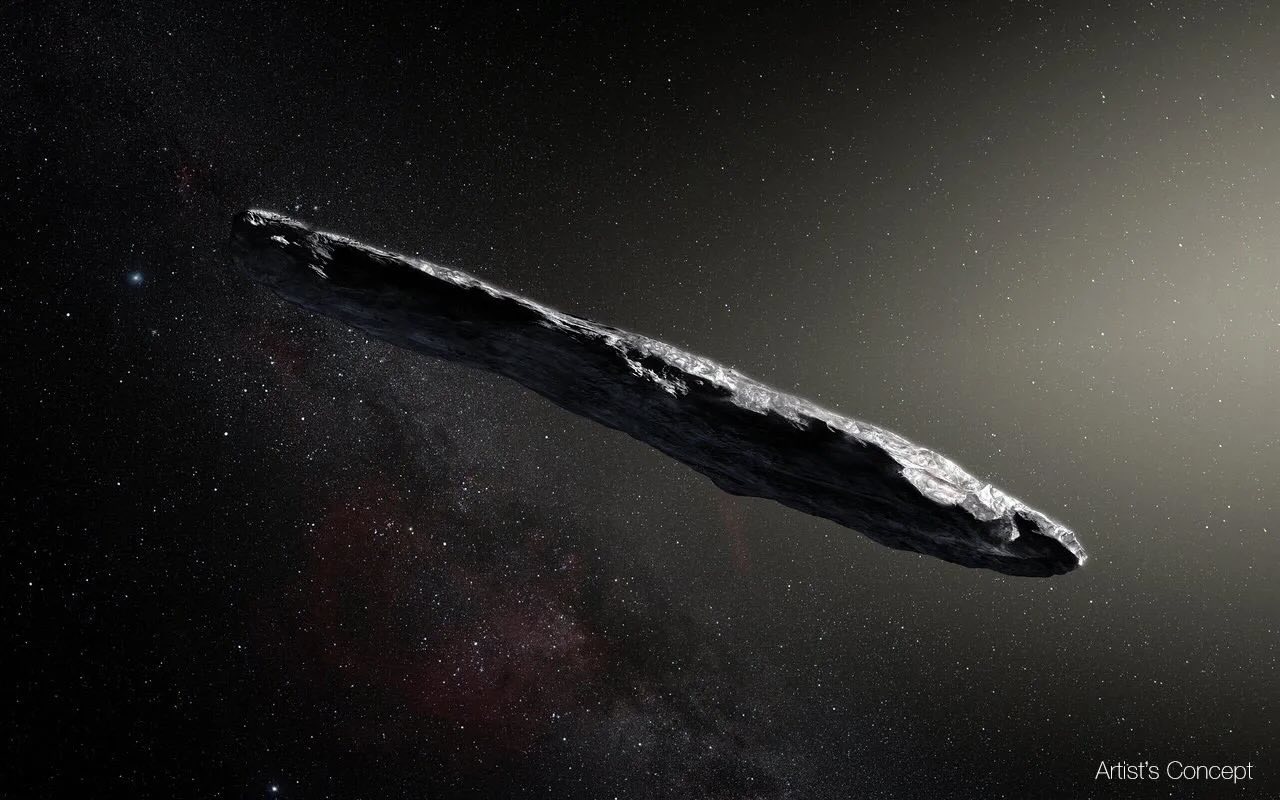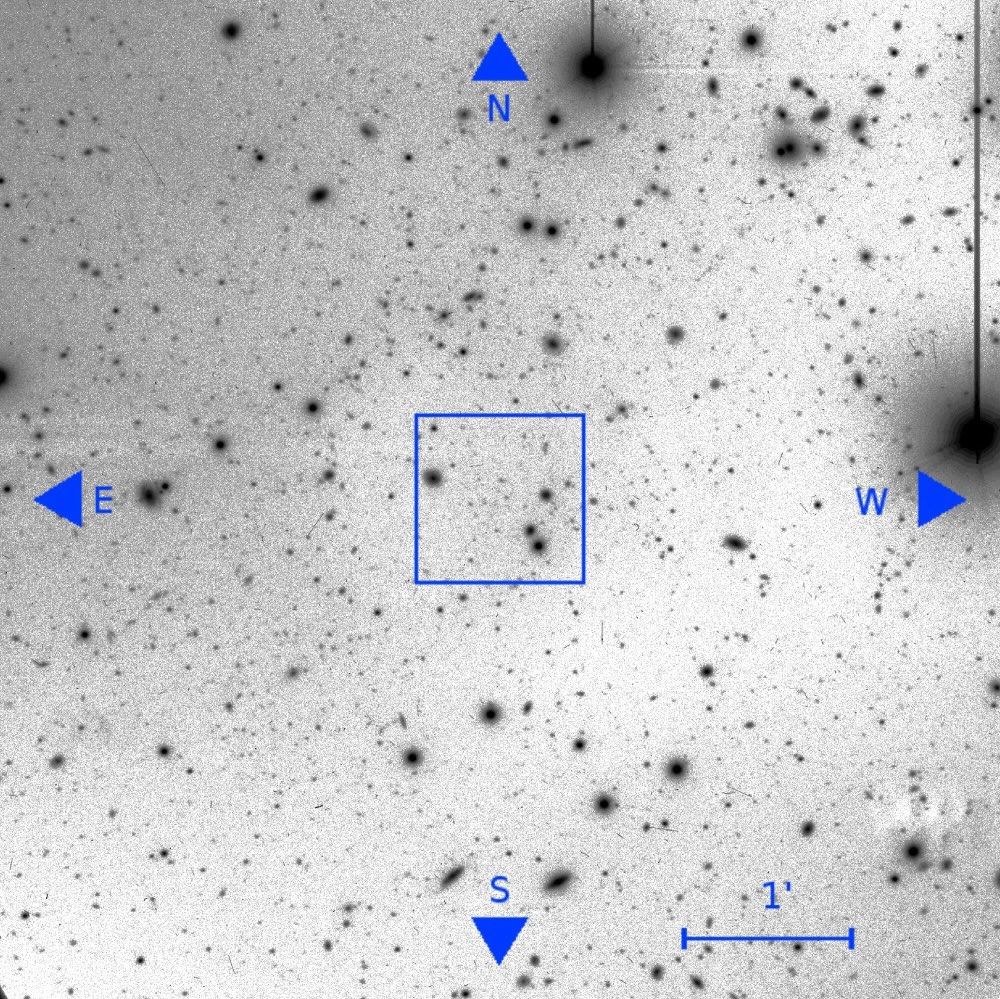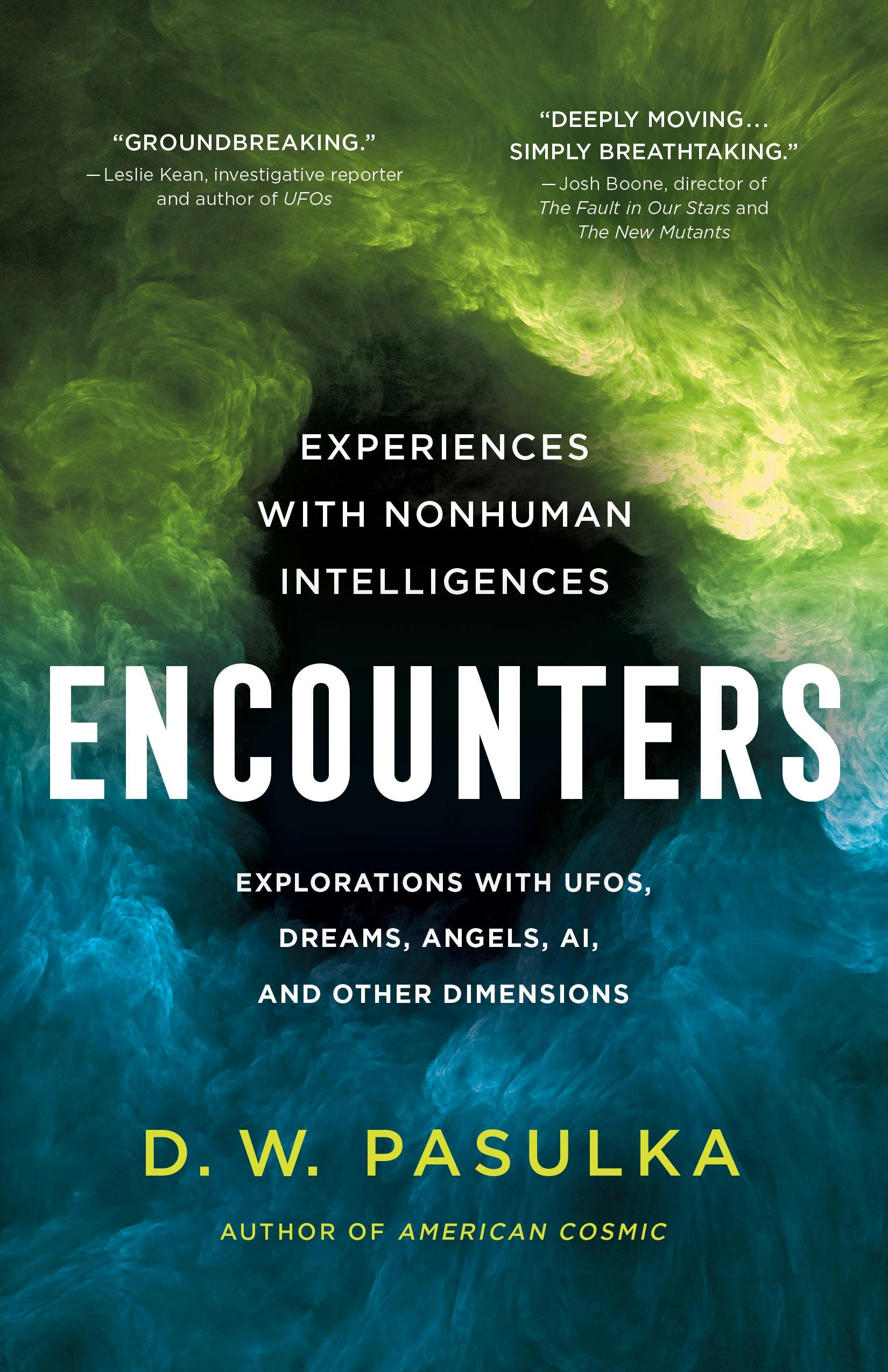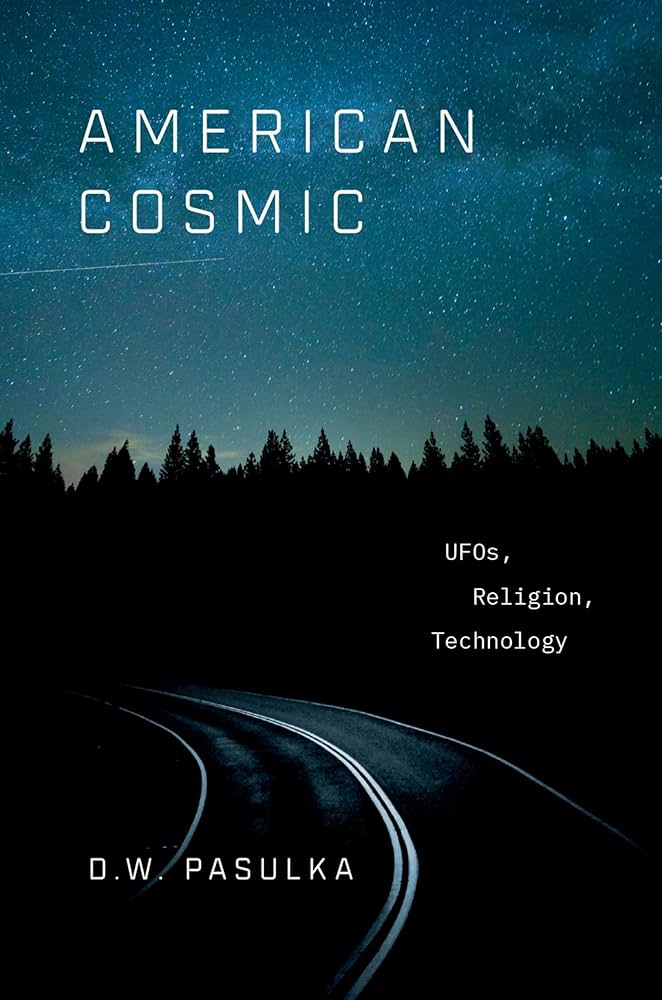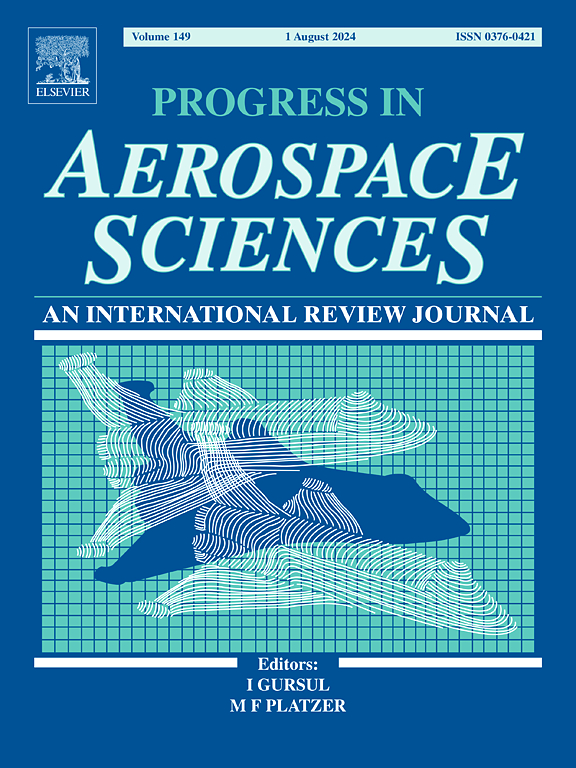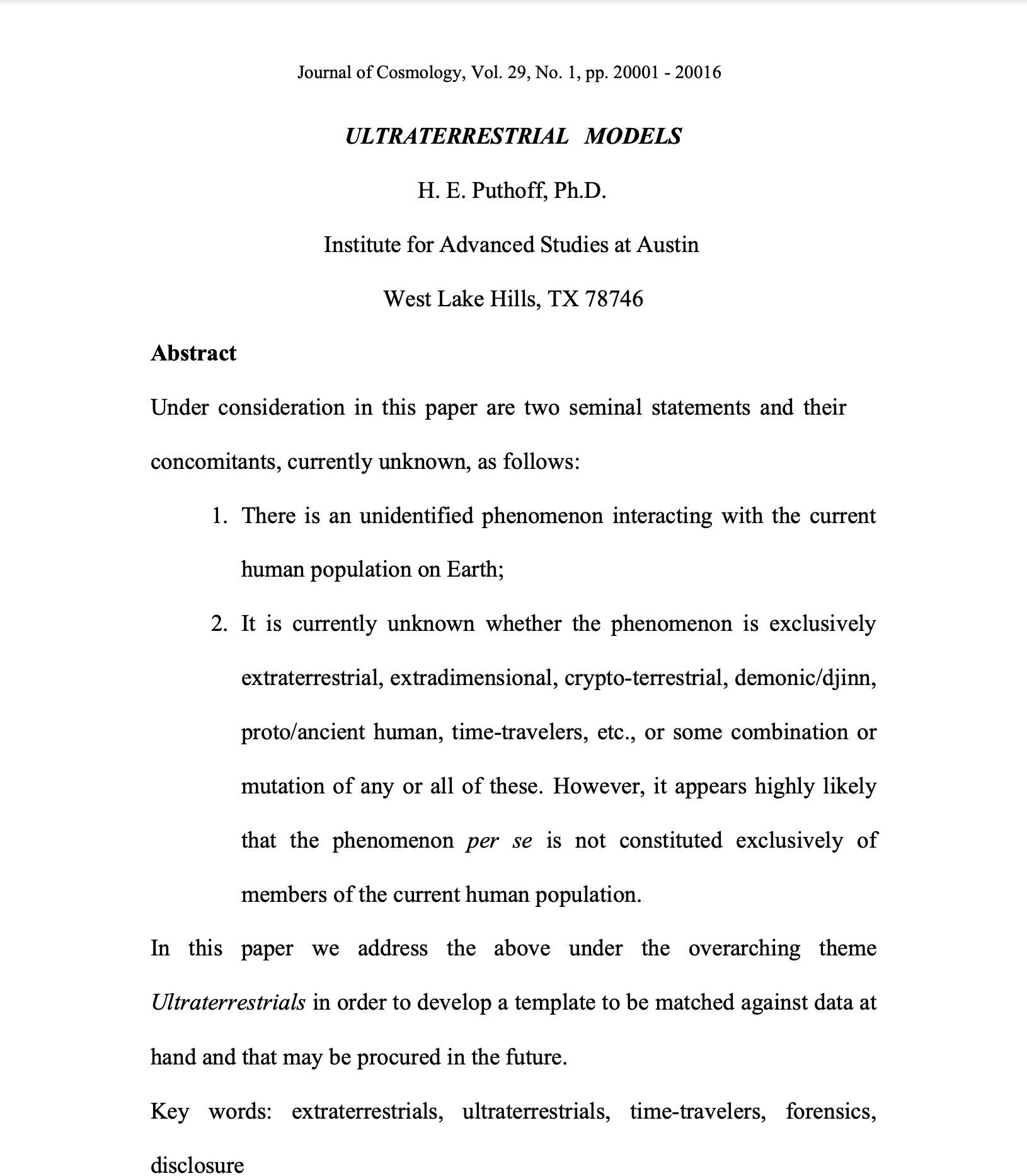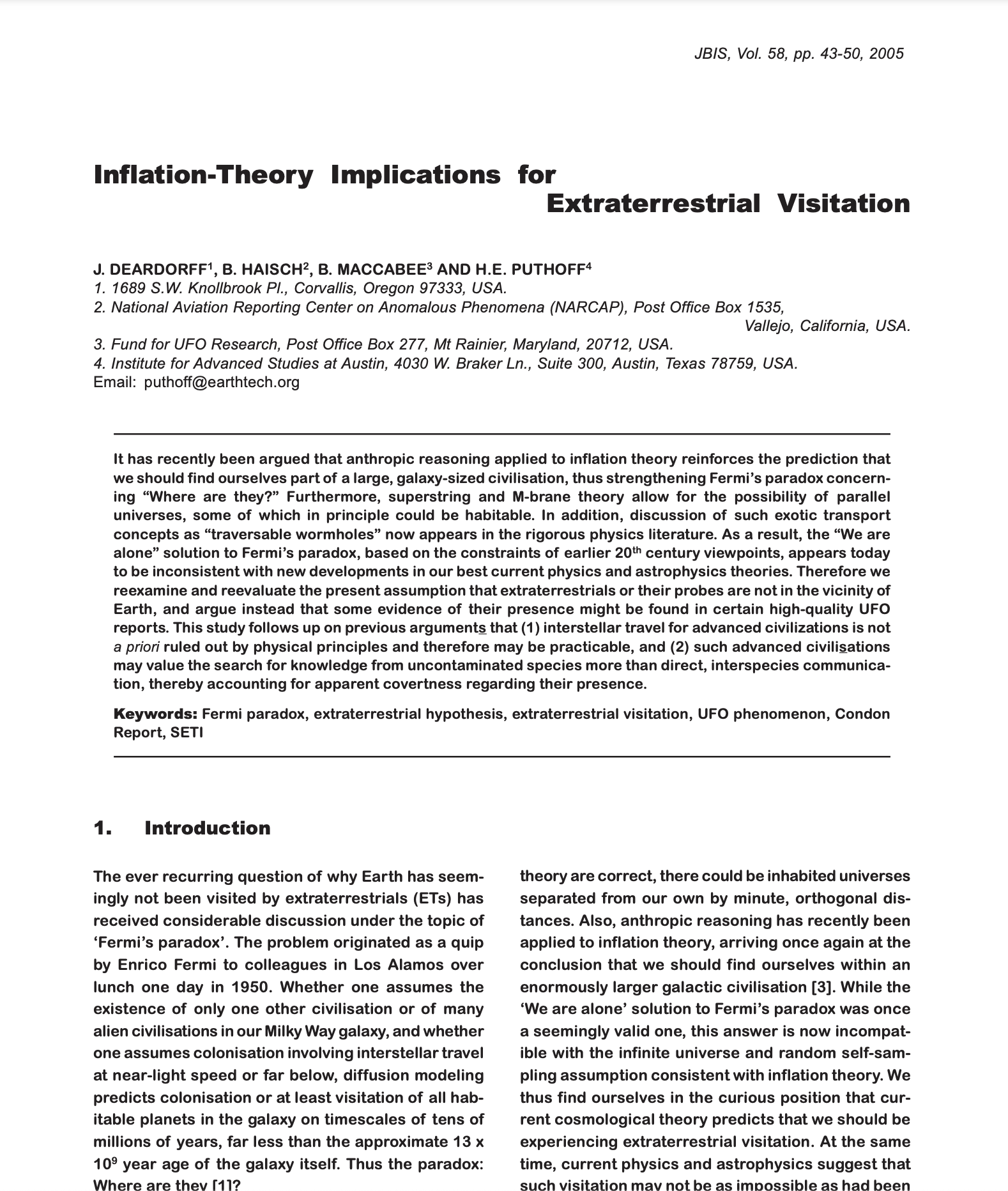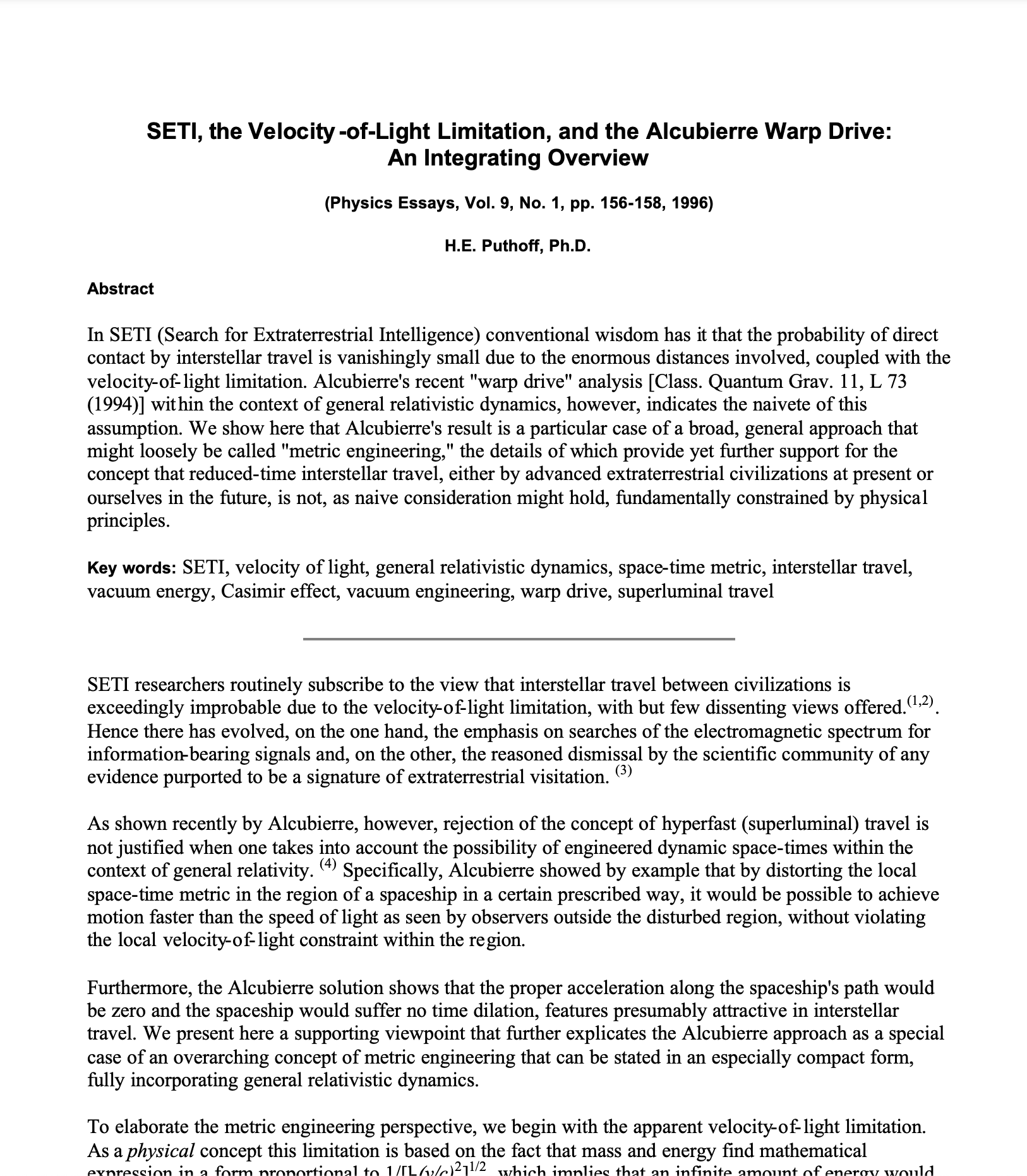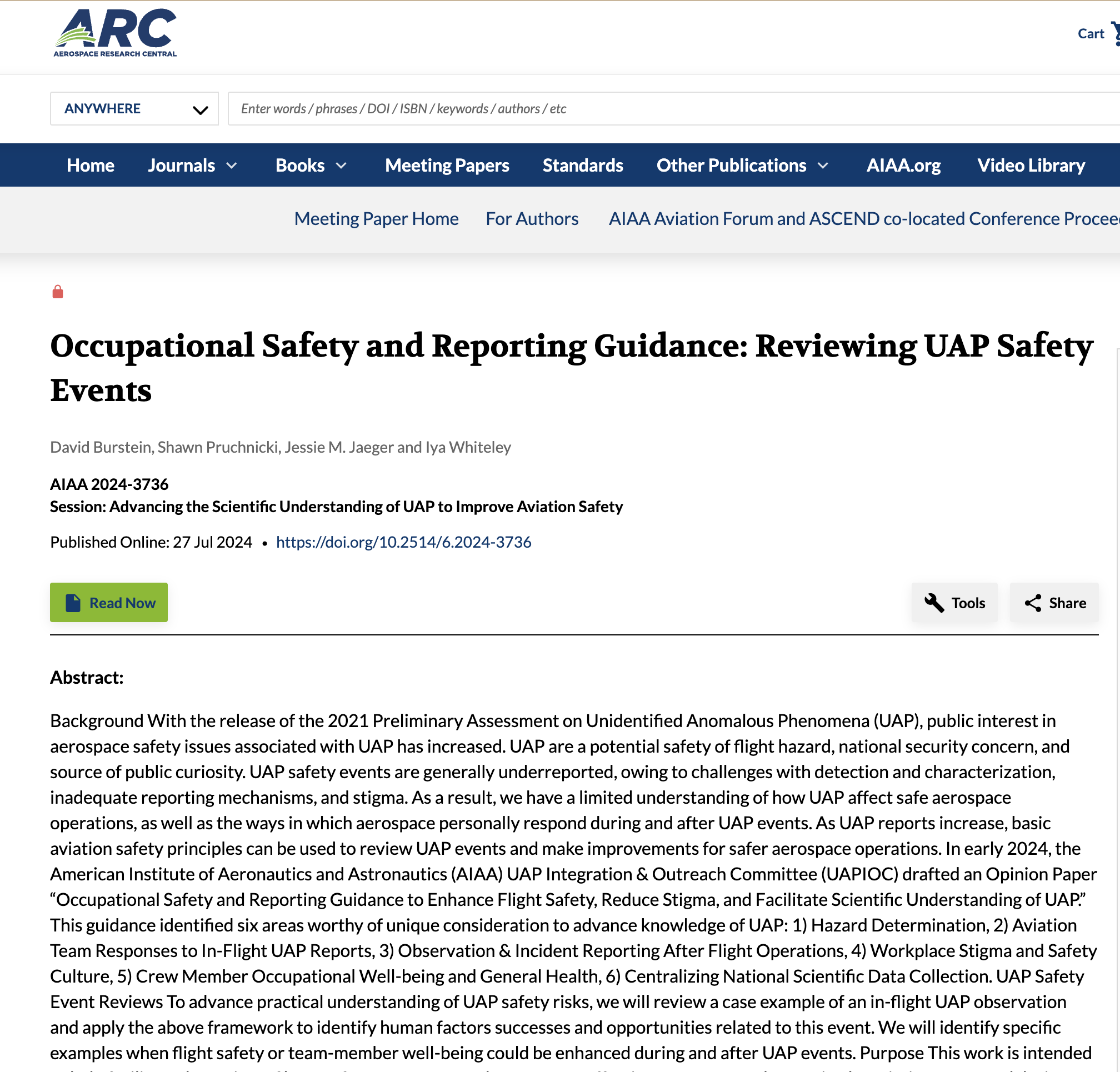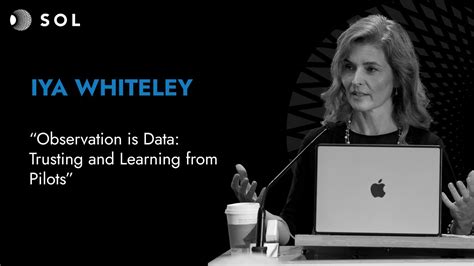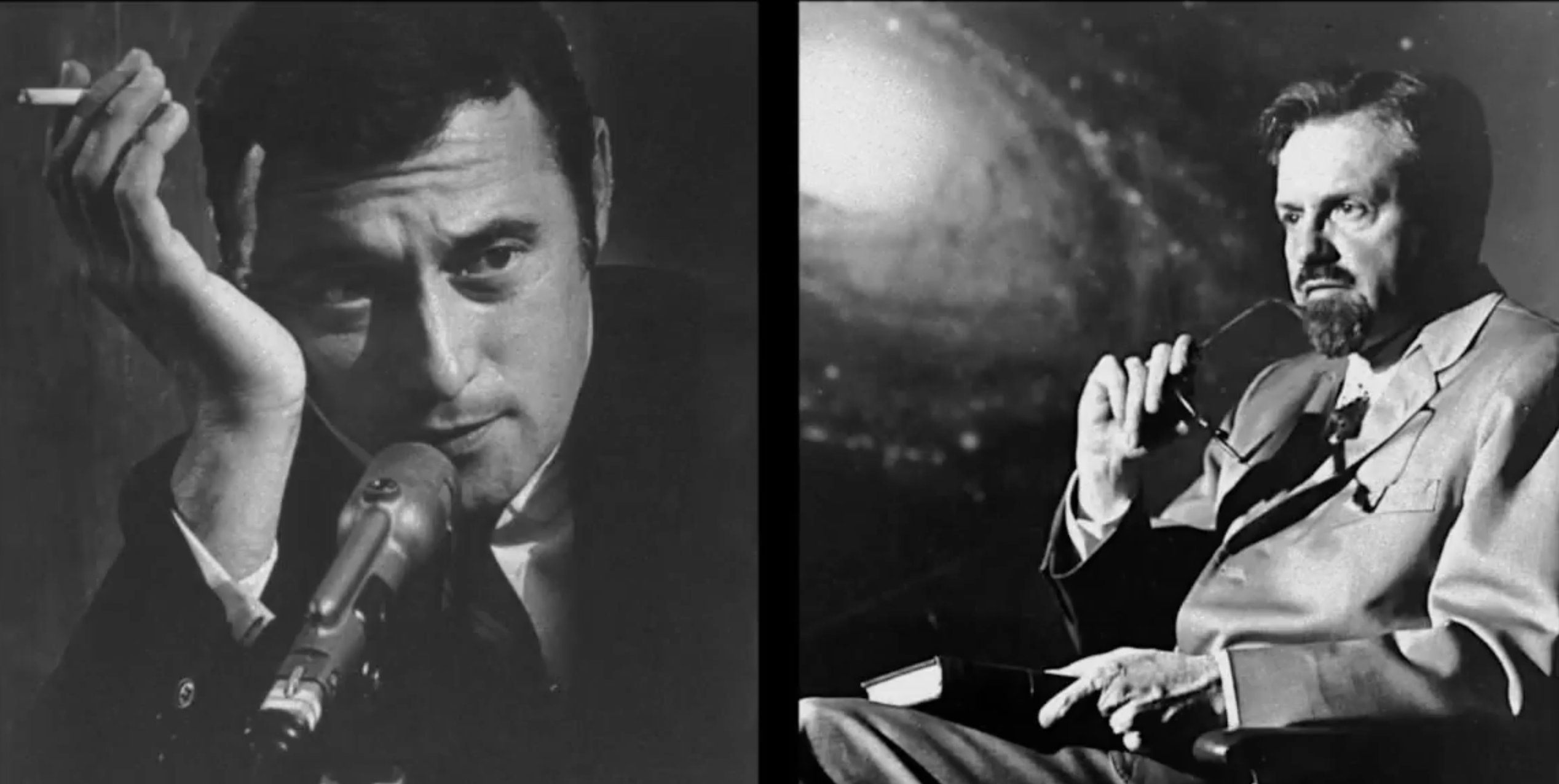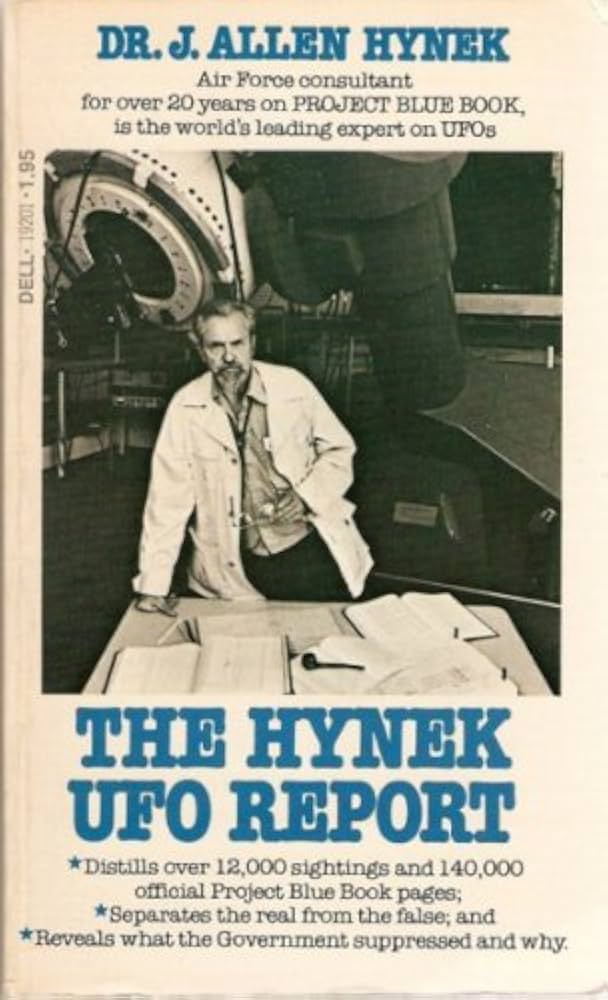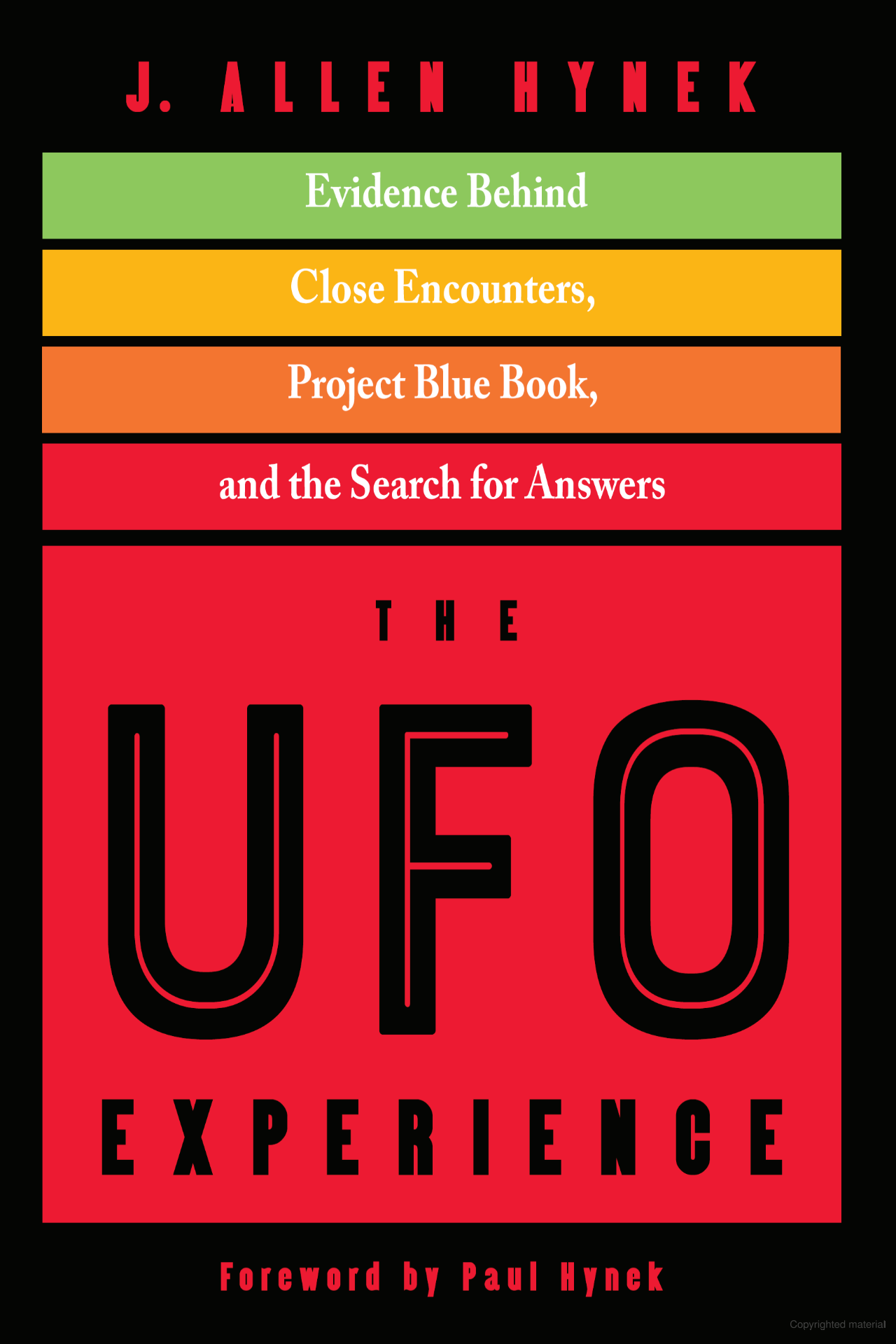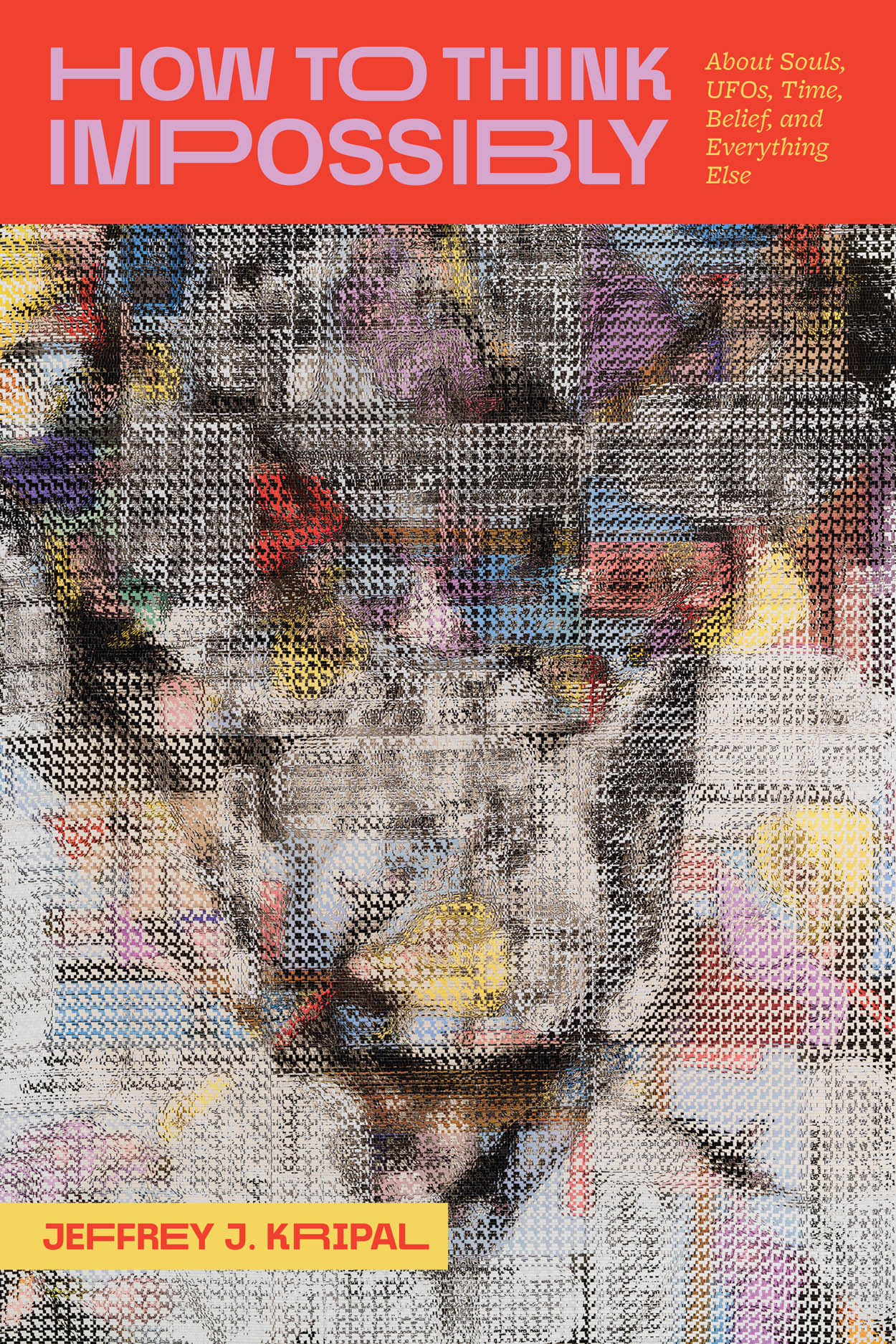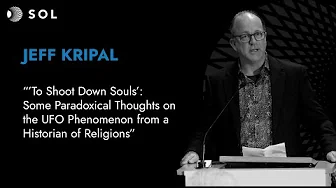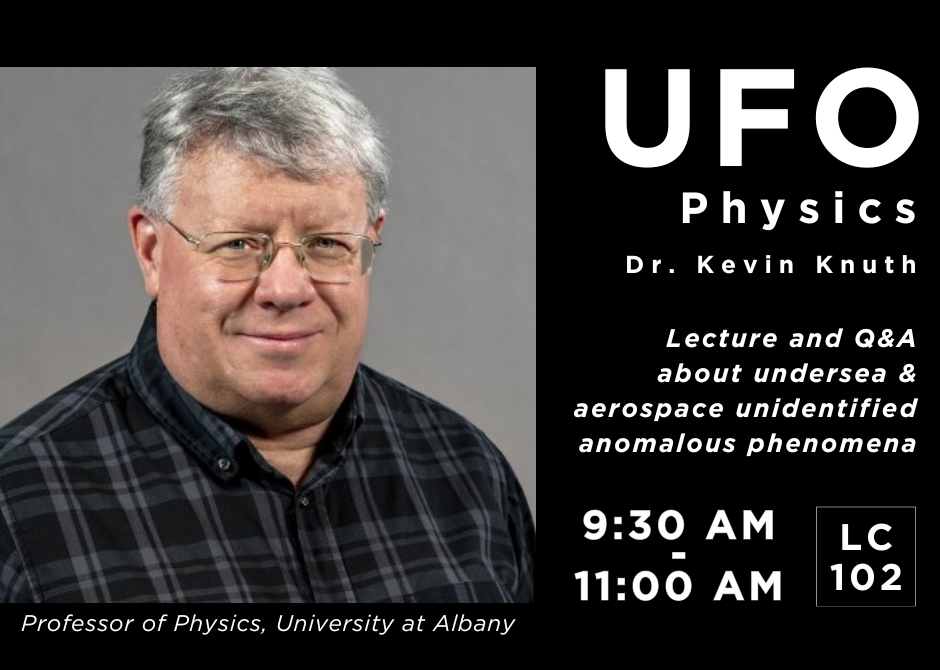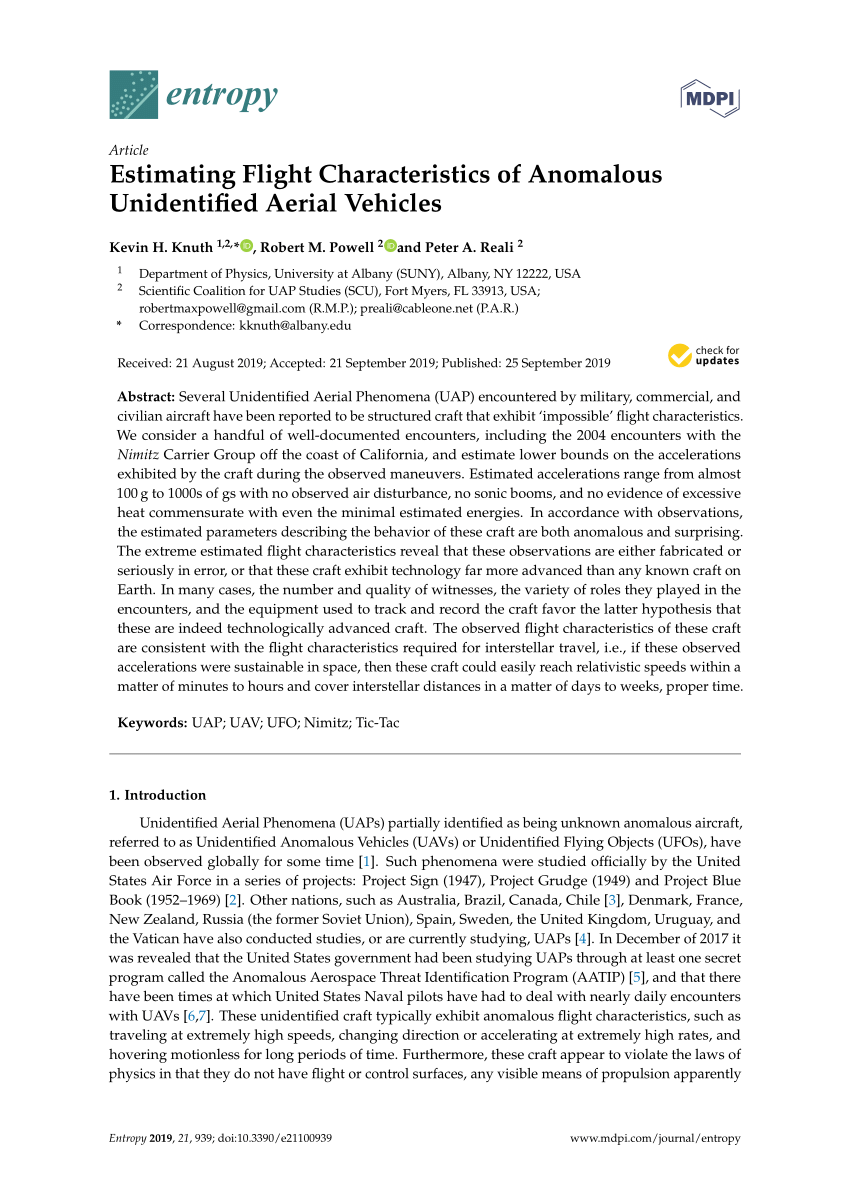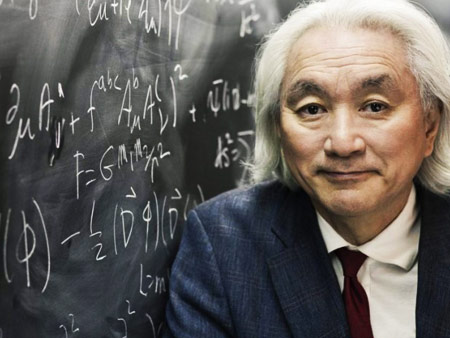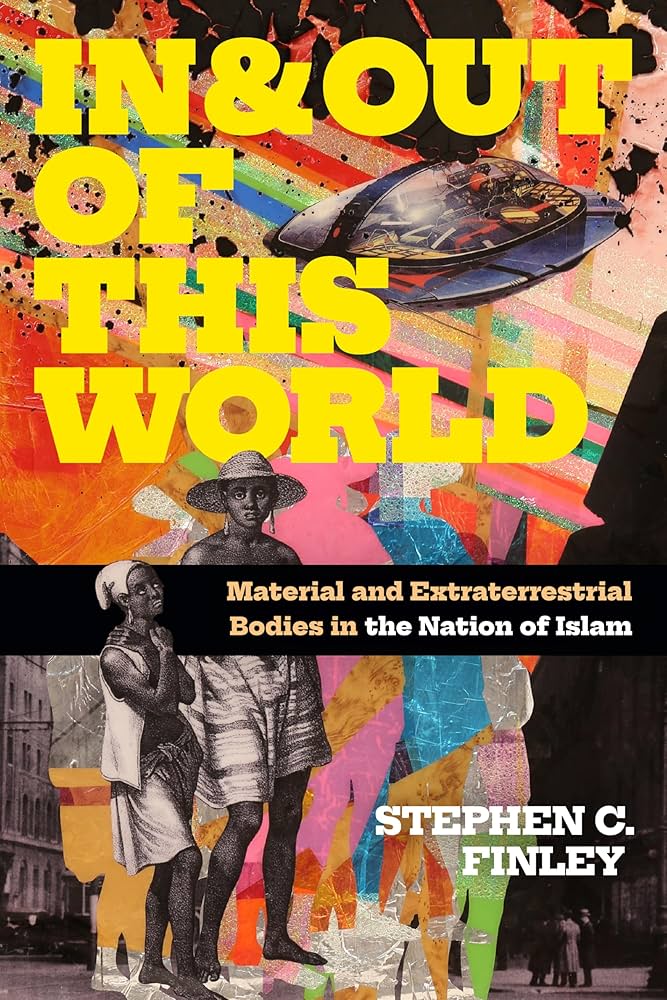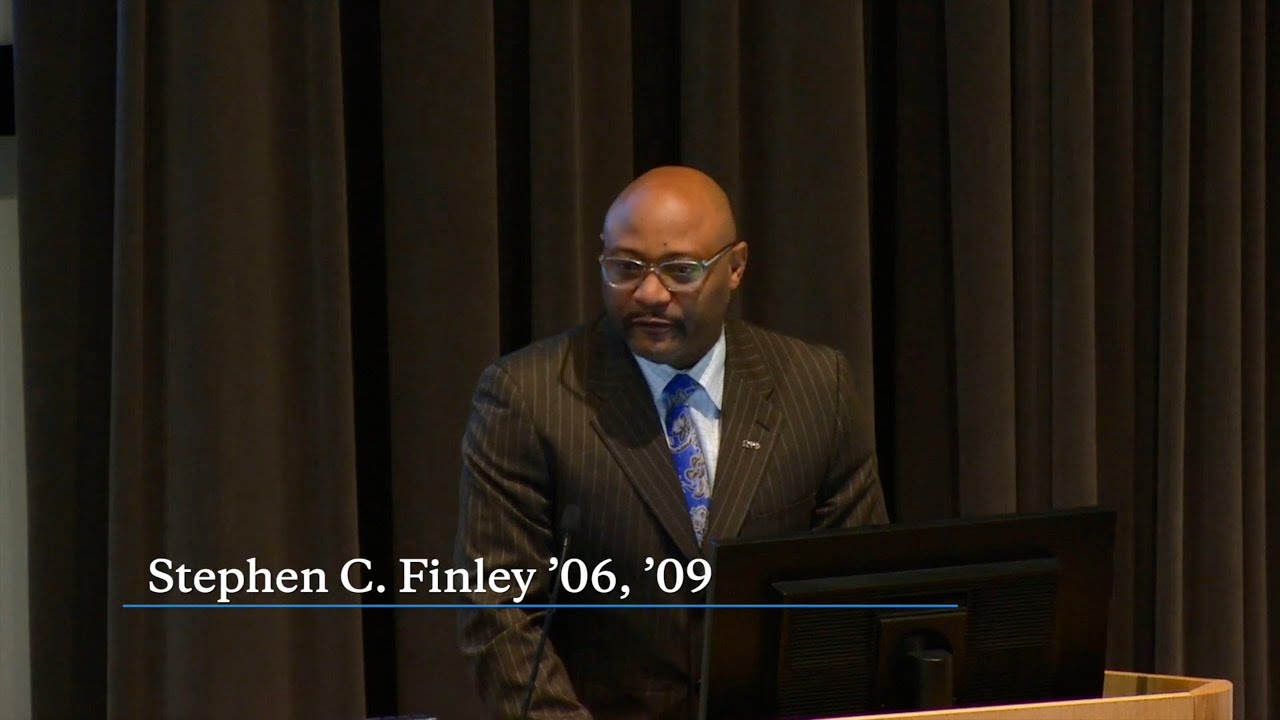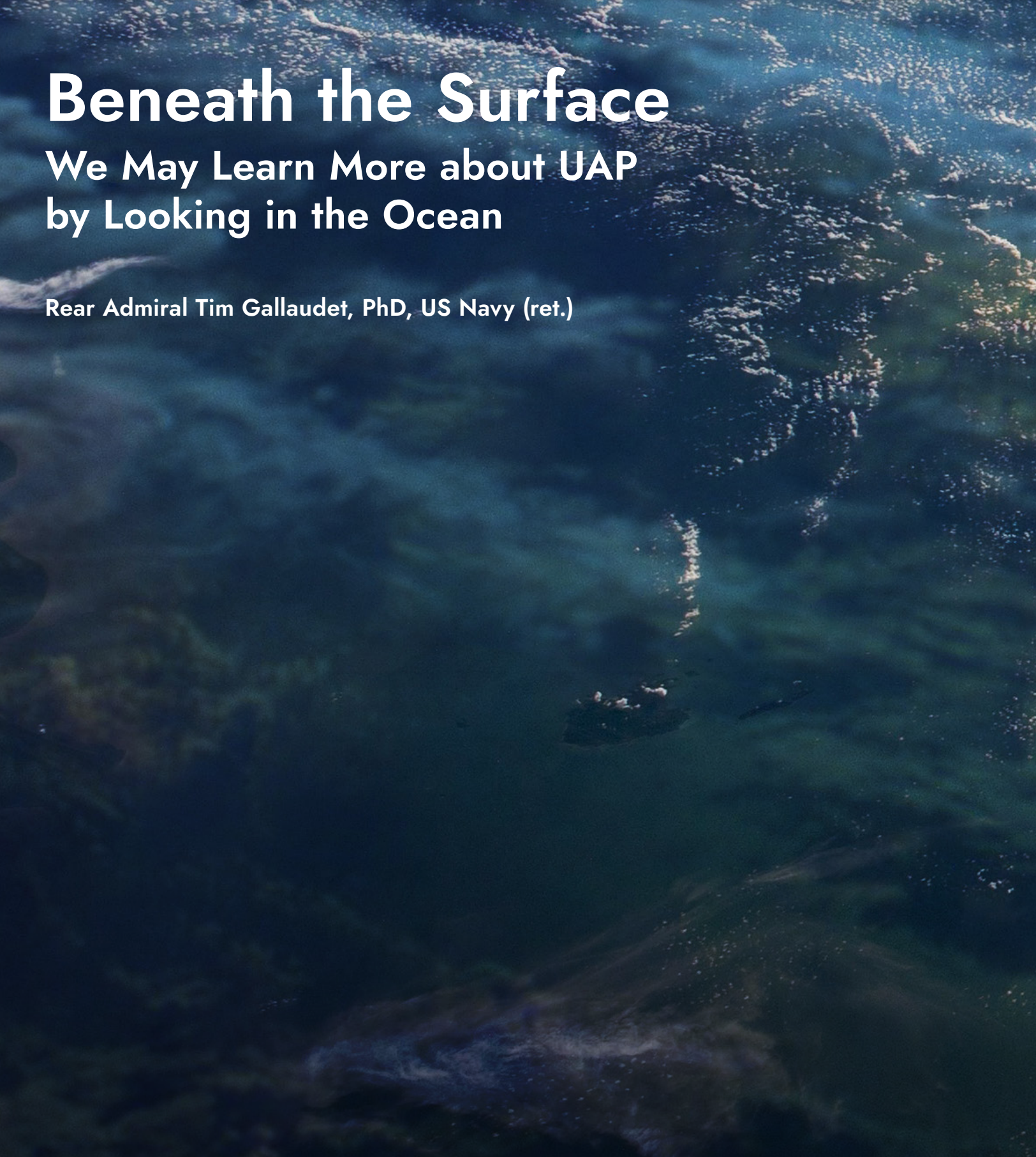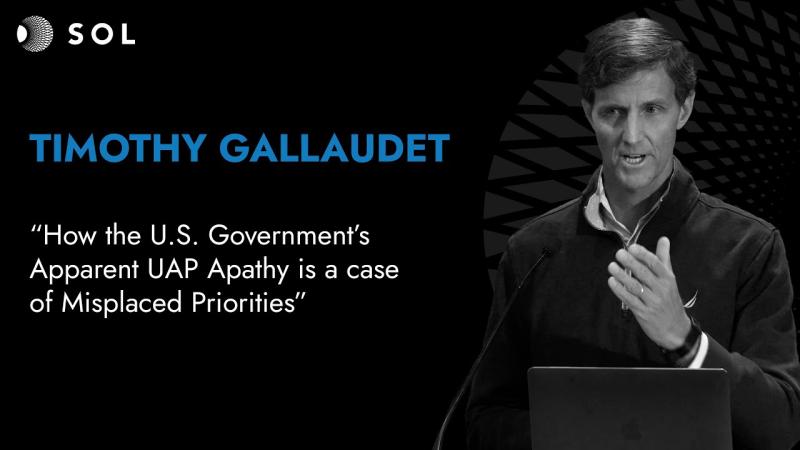People
A list of scholars and other subject matter experts doing good work in UAP studies and adjacent fields. Note that this includes both members and non-members of The Visible College. This is very much a work in progress, and not at all exhaustive. We expect to be adding more on a regular basis.
Research Associates
Academics and professionals who are working or have worked on research projects or other initiatives of The Visible College.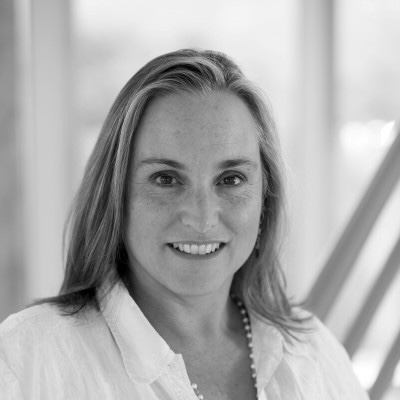
Janis Whitlock, Ph.D., M.P.H.
Research Scientist Emerita
Janis received a B.A. from UC Berkeley, an M.P.H. from UNC-Chapel Hill, and a Ph.D. in Developmental Psychology from Cornell University. In addition to over a decade of direct service in the areas of human health and wellbeing, she has spent the last 25 years as a scholar focused on contextual and intrapersonal conditions that affect human development, perception, and emotional and mental (in)stability. She has been particularly interested in understanding the conditions under which challenging experiences cultivate wisdom, resilience, and prosocial impulses.
Janis’s scholarly work is informed by several decades of study of indigenous spiritual traditions and practice of yogic traditions, particularly those rooted in Kashmir Shaivism. It is the fusion of these broad domains that lead her to her current interest in consciousness and pathways for supporting individual and collective adaptation in the wake of ontological shock.
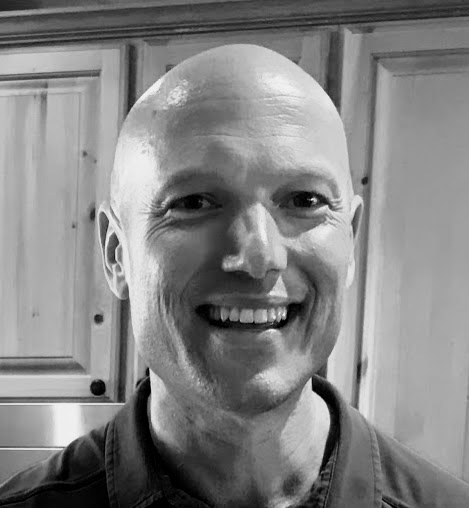
Jed Verity, Ph.D.
Ph.D. in Tibetan Buddhism
Jed holds a Ph.D. in Tibetan Buddhism from the University of Virginia (UVa) and has spent the span of his career at the unexpectedly fertile nexus of advanced technologies, consciousness studies, and national security. In that time, he has taught at UVa, worked as the Director of Contemplative Technologies at UVa’s Contemplative Sciences Center, started up engineering businesses with Fortune 50 and defense/intelligence clients, and worked in Silicon Valley for organizations like GitHub, Inc. (part of Microsoft), where he is currently employed.
Jed’s research interests are centered on bridging subjective and objective modes of knowing, non-emergent models of consciousness, and the role of institutionalized stigma in technological innovation.
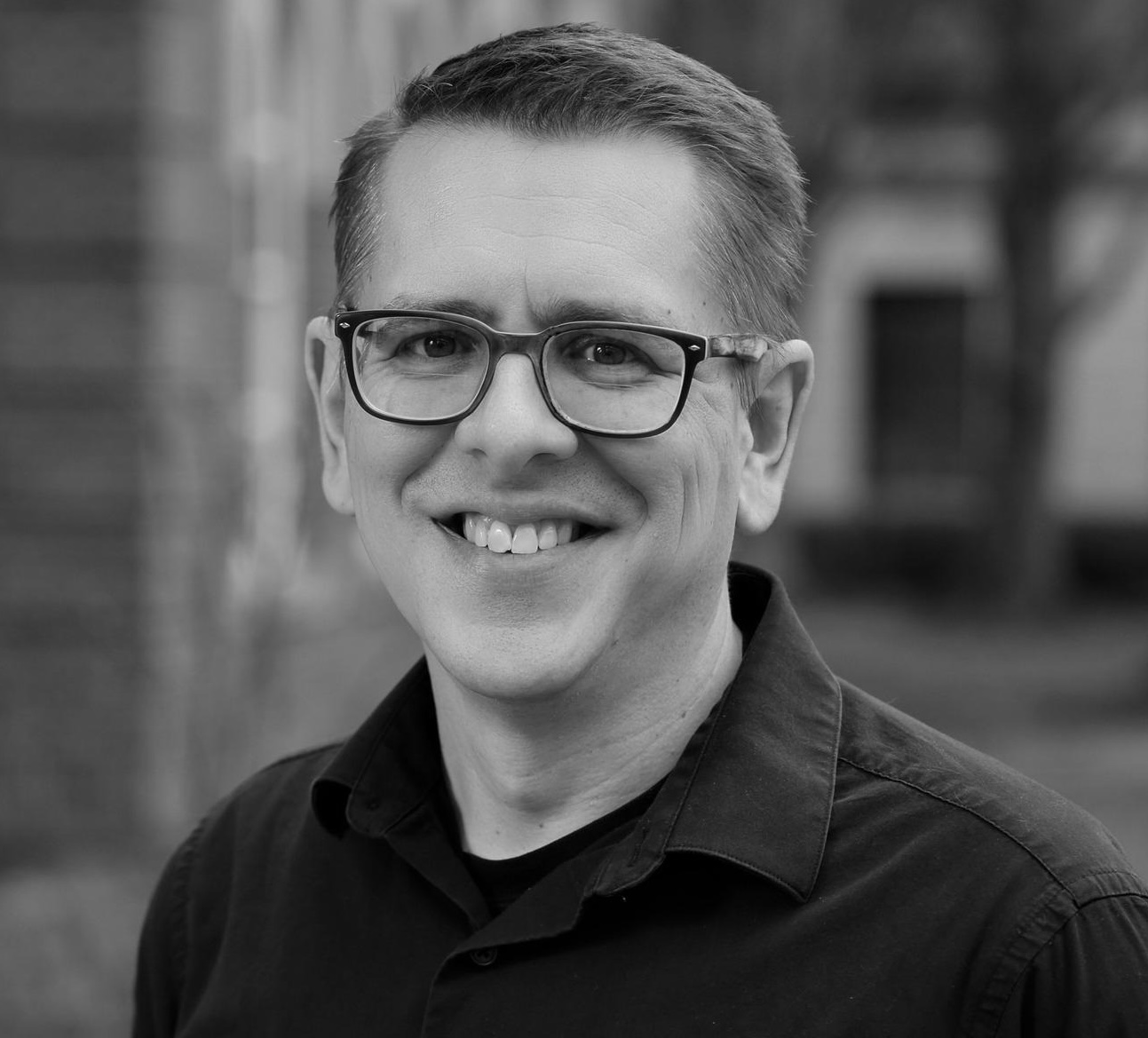
Steven Brown, Ph.D.
Associate Professor of Teaching Philosophy, The Ohio State University
Steve received his B.A. from the University of Pittsburgh and a Ph.D. from the Ohio State University. His work primarily focuses on cross-cultural philosophy of religion, virtue ethics, and the promotion of global flourishing. He has recently taken an interest in UFOs and related phenomena, exploring their potential impact on our self-understanding as humans, especially with regard to our place in the universe.
Steve has lectured on the epistemology and practical importance of recent UAP-related events in Washington, D.C. and is currently working with a team of research scientists attempting to understand the Nazca Mummies.
In 2023, Steve was awarded the Alumni Award for Distinguished Teaching for his work at Ohio State.
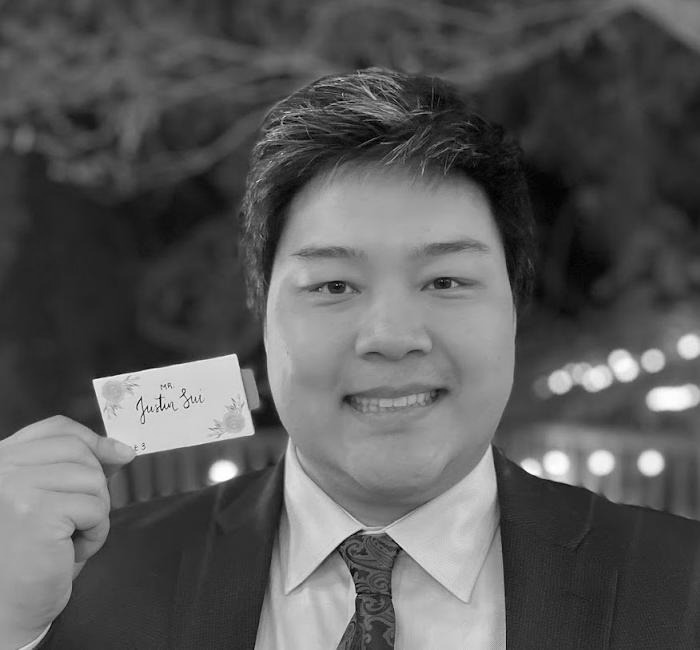
Justin Sui, Ph.D.
Justin Sui is an M.D./Ph.D. student who recently completed his Ph.D. in Cell and Molecular Pathology. With a life-long passion for answering scientific questions in biology, he has worked with numerous model systems ranging from the fruit fly to mice. Supporting and supported by colleagues in The Visible College, Justin aims to use his medical and scientific training to help bridge the gap between the esoteric and traditional academia, and to contribute to educational efforts more broadly.
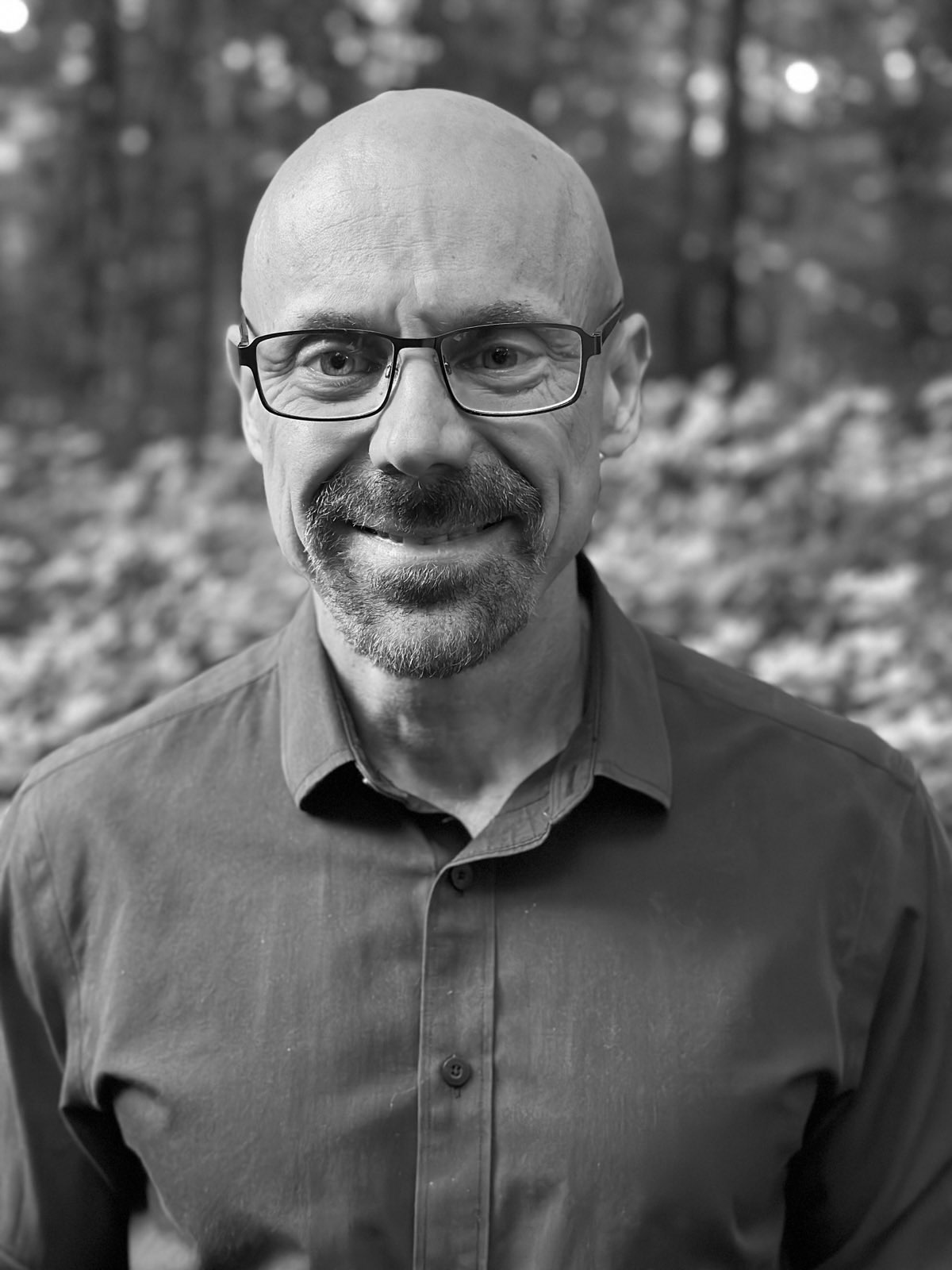
John L. Roberts, Ph.D.
Associate Professor of Psychology, University of West Georgia
After earning a B.A. from Virginia Military Institute, John received his J.D. from Cumberland School of Law, LL.M. from Tulane Law School, and practiced law in the areas of civil rights and plaintiff litigation. Returning to graduate school, John received an M.A. in English from the University of Alabama at Birmingham, specializing in eighteenth-century British literature, critical theory, and rhetoric.
John’s own profound and transformative experiences in humanistic psychotherapy led him to the psychology department at the University of West Georgia, where he earned an M.A. degree. He practiced psychotherapy for several years, and later returned to receive his Ph.D. He is the author of Trauma and the Ontology of the Modern Subject (Routledge).
John’s interests include theoretical and philosophical approaches to psychology, histories of consciousness and subjectivity, and psychoanalysis.
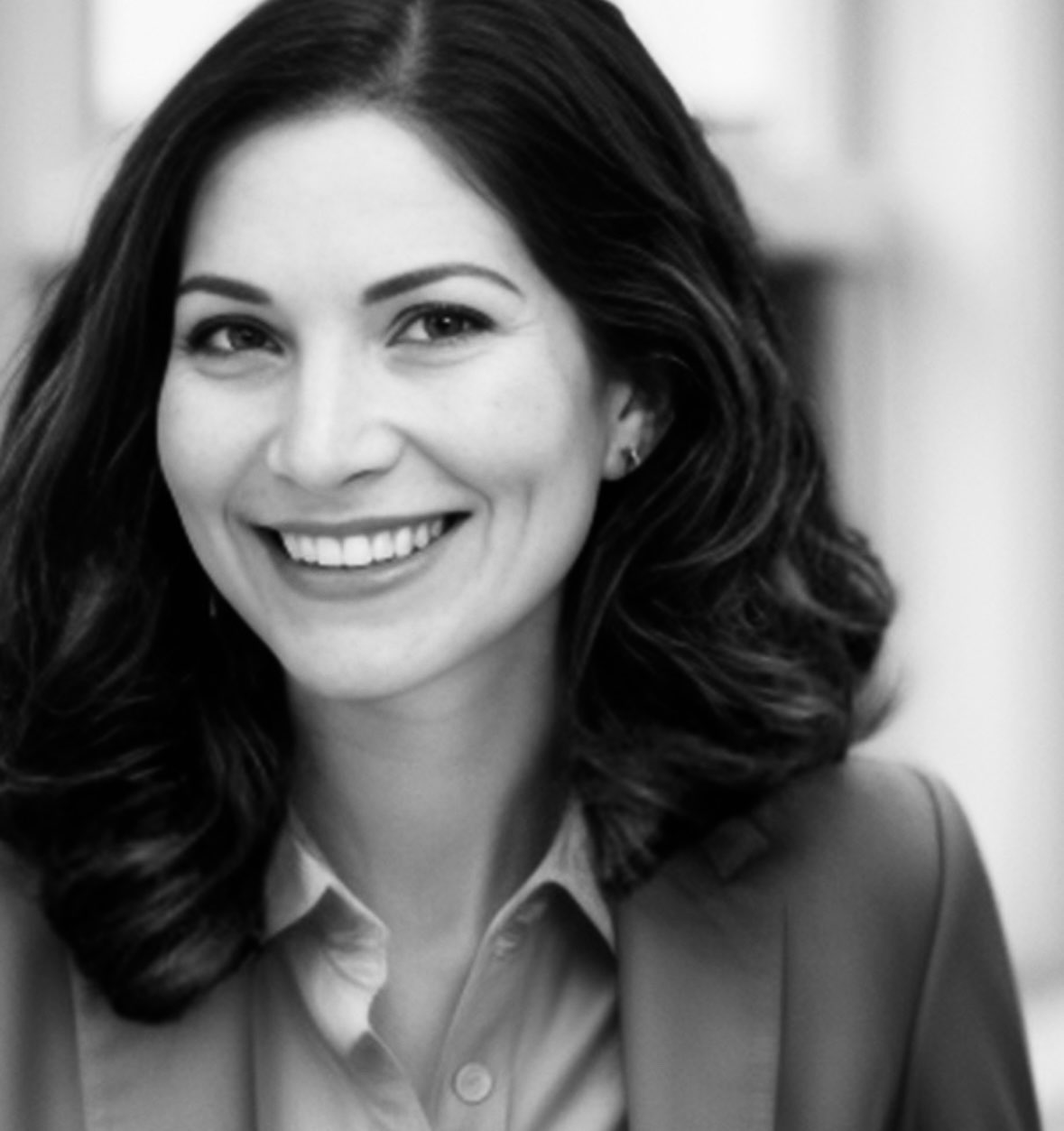
Kharisma Montes de Oca, M.S.
Juris Doctorate 2025 Candidate, Urban Planner, Policy Writer & Project Manager
Kharisma’s areas of focus include constitutional, criminal, and anti-trust law, public policy, and public engagement.
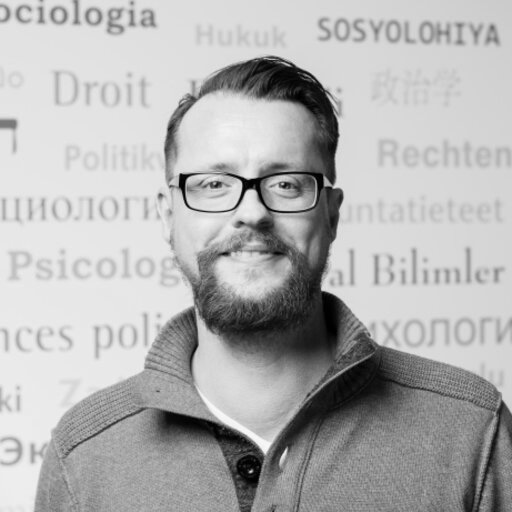
Christian Peters, Ph.D.
Managing Director, Bremen International Graduate School of Social Sciences (BIGSSS), University of Bremen
Christian Peters holds a Ph.D. in Political Science from TU Dresden and École Pratique des Hautes Études in Paris, France. His research and publications cover religion and politics, higher education policies, political epistemology, and the social science of UAPs. In 2023, he co-authored “It’s Time to Hear from Social Scientists about UFOs” in Scientific American.
Christian is an active (board) member of the Society for UAP Studies (SUAPS) and contributing member to SCU.

Mike Senter-Zapata, M.D.
Instructor of Medicine, Harvard Medical School
Dr. Senter-Zapata is a practicing, board-certified Internal Medicine attending physician at Brigham and Women’s Hospital, an Instructor of Medicine at Harvard Medical School, and research faculty at the Healthcare Transformation Lab at Massachusetts General Hospital. His medical research focuses on how clinical decision support tools and artificial intelligence can improve healthcare delivery and medical training. He serves as the Vice President of Research at the American Medical Extended Reality Association and as an Associate Editor of the Journal of Medical Extended Reality.
Dr. Senter-Zapata earned a bachelor’s degree from Harvard University in Human Evolutionary Biology and completed medical school at Washington University in St. Louis School of Medicine. He then completed Internal Medicine residency training at Brigham and Women’s Hospital/Harvard Medical School followed by a Healthcare Innovation research fellowship at Massachusetts General Hospital.
Dr. Senter-Zapata is interested in the immediate and long-term biological effects of anomalous health incidents.
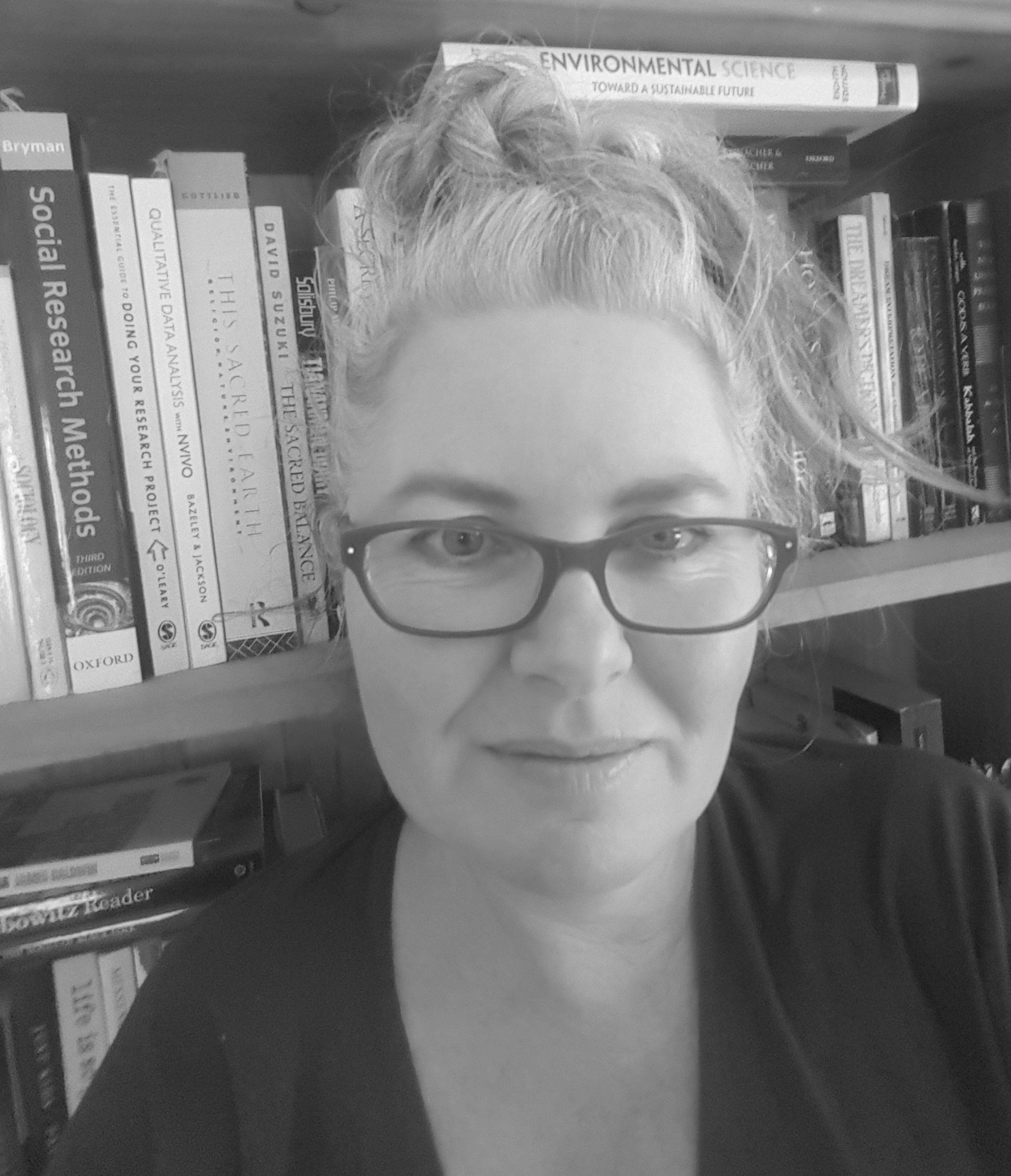
Tania Searle, Ph.D.
Tania is a sociologist in South Australia and teaches in both the social sciences and health sciences. Her research interests include Indigenous self-determination and the role of settler allies, posthumanism, and unsettling Western conceptions of humanness and sovereignty. Prior to her academic career, Tania worked in grassroots community organisations, including an Aboriginal owned art gallery and museum, progressive Judaism, and environmental activism. Tania is passionate about social justice and the development of meaningful relationships between humans, other life forms, and more-than-human Entities (nature, landscape, climate, water, and Spirit).
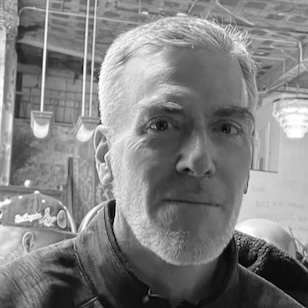
Brannon Wheeler, Ph.D.
Brannon is a historian of religion (PhD, University of Chicago) with over 30 years of experience studying religions, ancient texts, and paranormal phenomena. He has traveled to and done research in more than 50 countries across the world, conducting research in many unusual languages, and has been a visiting scholar at more than a dozen institutions in Europe, the Middle East, Asia and across the United States. He is currently a professor of history at the United States Naval Academy in Annapolis, and has published eleven books. His current work focuses on how non-human intelligences communicate with humans.
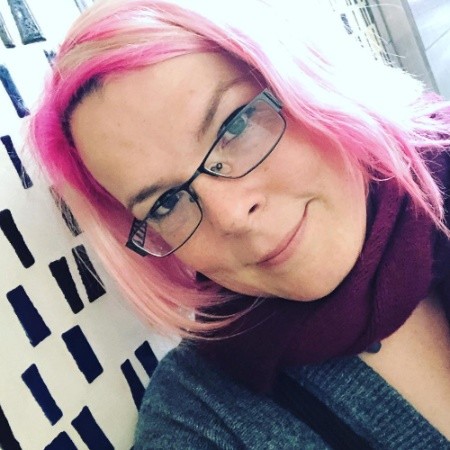
Alaina Hardie
Director of Technology
Alaina has worked in programming, engineering, robotics, software architecture, data science, and information security over 38 years. After completing the Graduate Studies Program (GSP ‘11) at Singularity University, she served as a Teaching Fellow in “Networks & Computing Systems” and “Digital Biology,” and held the position of Chief Maker. She is the co-author of the genetic testing e-book “Genetics: The Universe Within (2017)”, and is currently a Principal Engineer.
Her academic interests center on bioinformatics, particularly genomics and human migration, which she examines through the framework of population genetics. She is curious about how shifting genetic landscapes can shed light on shared human heritage. In addition to her work in genomics, she applies scientific methods to the study of Unidentified Anomalous Phenomena (UAP), exploring how potential non-terrestrial evolutionary models might inform our broader understanding of life’s origins and possibilities.
At The Visible College, she oversees technical projects and collaborates with colleagues to blend computational approaches with research in various academic fields. Her background in technology and long-standing enthusiasm for interdisciplinary studies guide her investigations, while her practical experience supports a balanced perspective on emerging areas of inquiry.
Public Figures
Scholars working publicly in UAP Studies or adjacent fields who are not directly associated with The Visible College, but whose work we consider integral to an understanding of the subject area as a whole.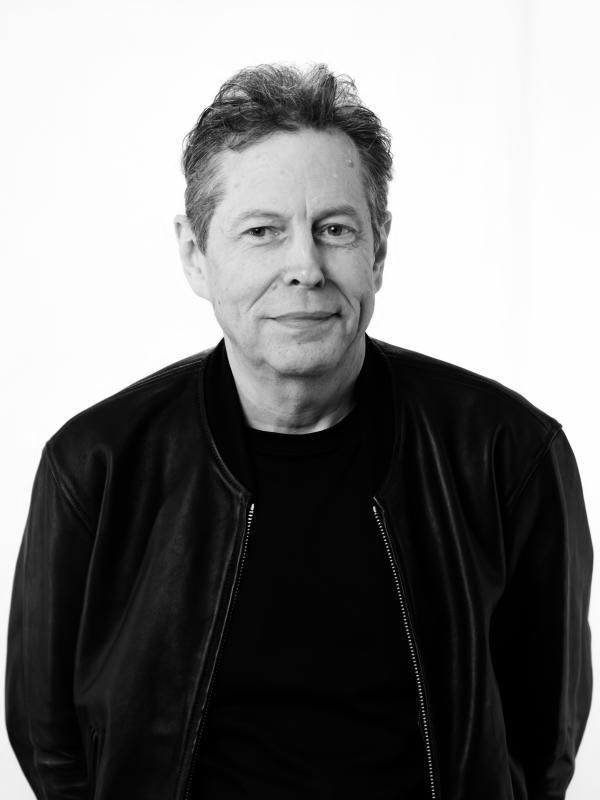
Alexander Wendt, Ph.D.
Mershon Professor of International Security and Professor of Political Science, Ohio State
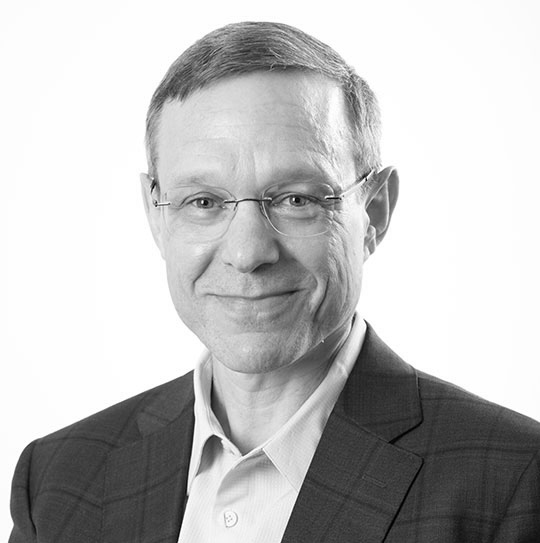
Avi Loeb, Ph.D.
Frank B. Baird Jr. Professor of Science, Harvard University
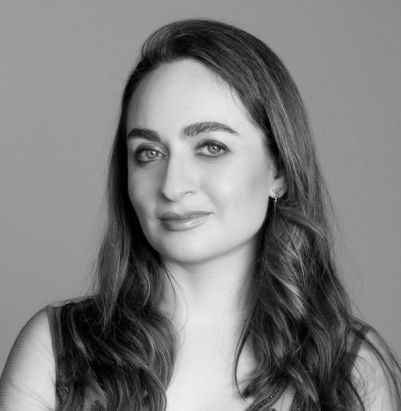
Beatriz Villarroel, Ph.D.
Astronomy Researcher at the Nordic Institute for Theoretical Physics
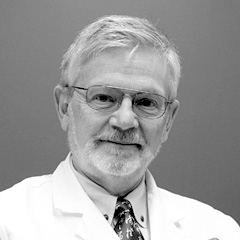
Christopher "Kit" Green, M.D., Ph.D.
Professor in Forensic Neuroimaging, Department of Psychiatry and Behavioral Neurosciences, Wayne State University Medical School and Detroit Medical Center
Former Senior Division Analyst for Neurosciences, Central Intelligence Agency (CIA)
- Paper
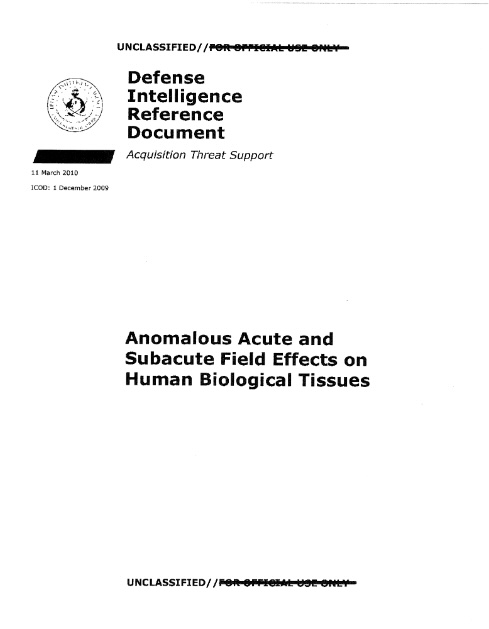
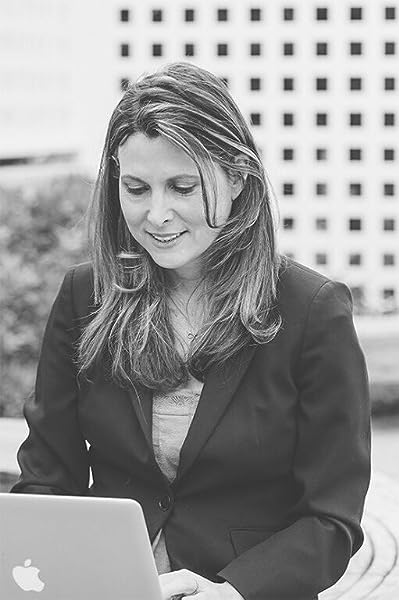
Diana Walsh Pasulka, Ph.D.
Professor of Religious Studies, University of North Carolina, Wilmington
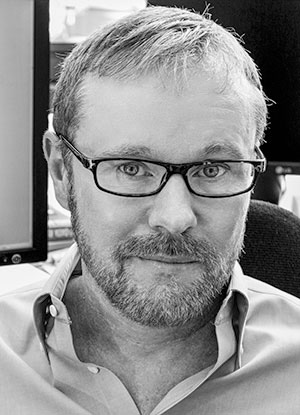
Garry P. Nolan, Ph.D.
Executive Director of the Board, Sol Foundation
Professor in the Department of Pathology, Stanford University School of Medicine
- Talk
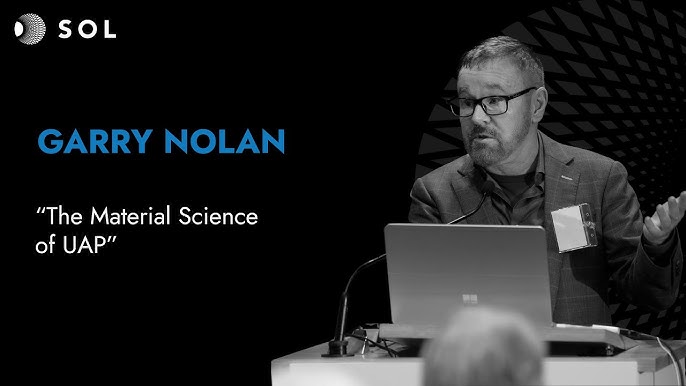
- Interview
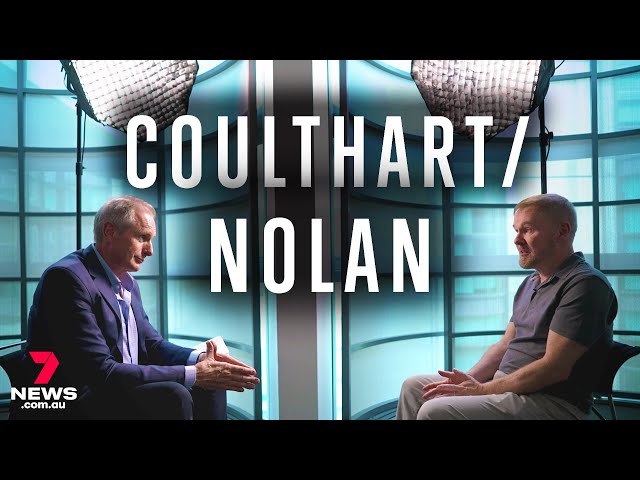
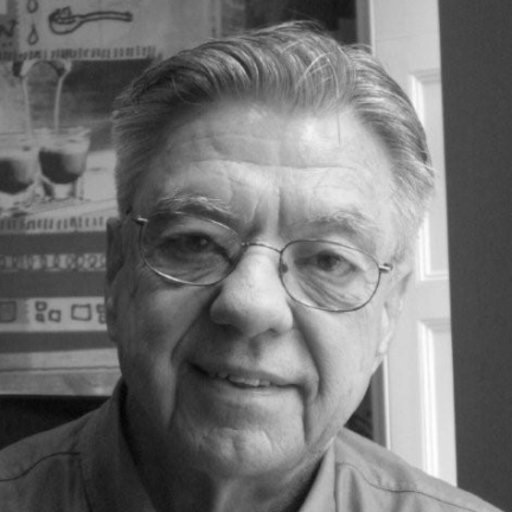
Harold "Hal" Puthoff, Ph.D.
Founder and president, EarthTech International and the Institute for Advanced Studies at Austin
Former research scientist and consultant at Stanford Research Institute (SRI) and the National Security Agency (NSA)
- Talk
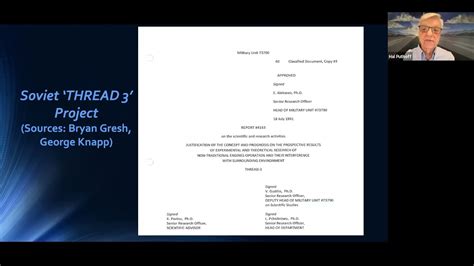
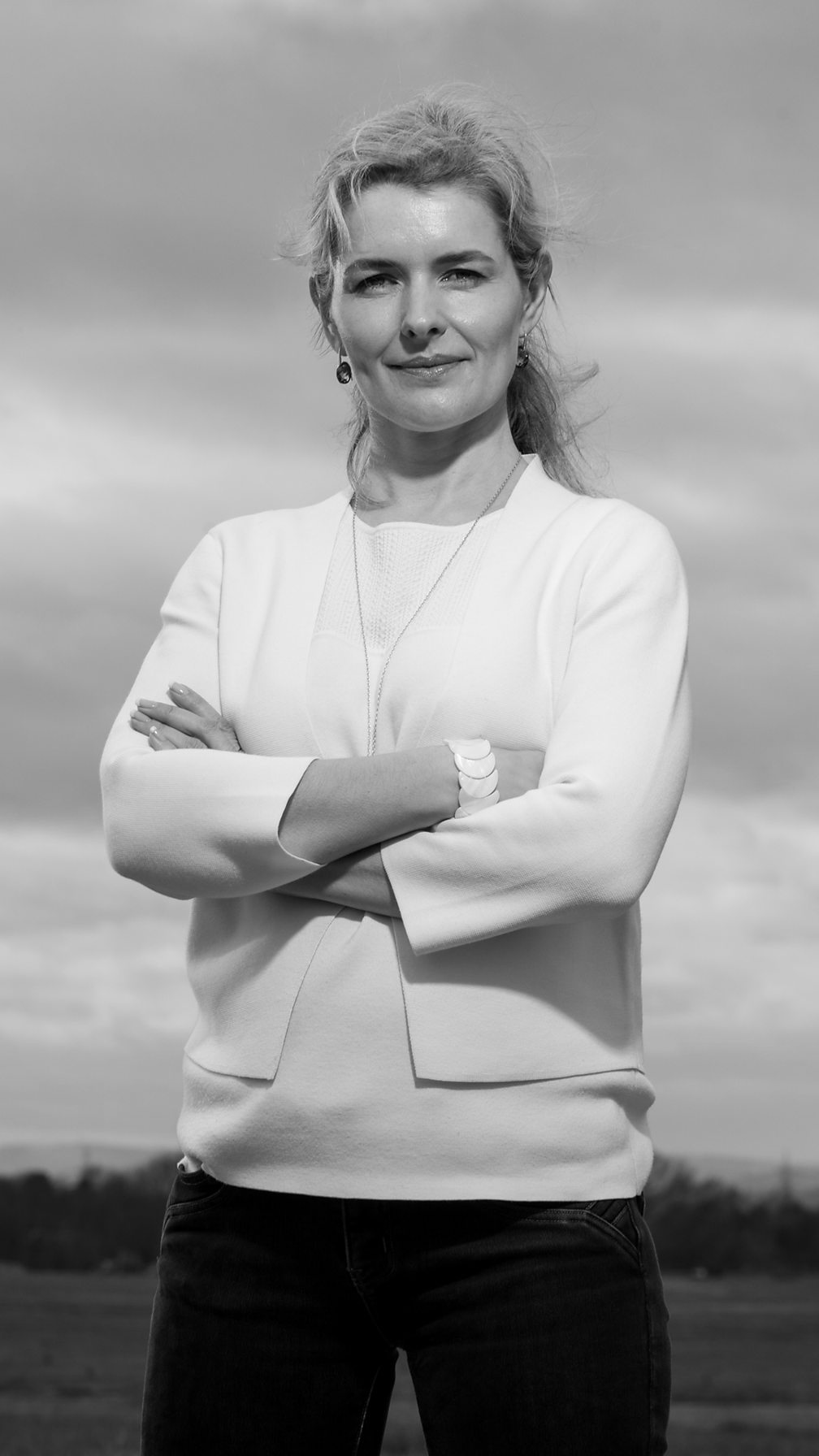
Iya Whiteley, Ph.D.
Space Psychologist and Director of the Centre for Space Medicine, Department of Space and Climate Physics, University College London (UCL)
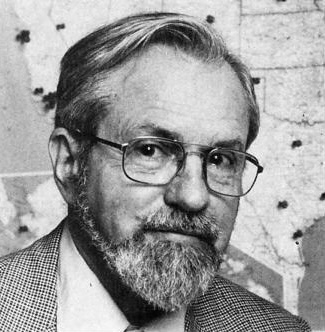
J. Allen Hynek, Ph.D.
Astronomer, Scientific Advisor to the US Air Force - Project Sign, Project Grudge, and Project Blue Book
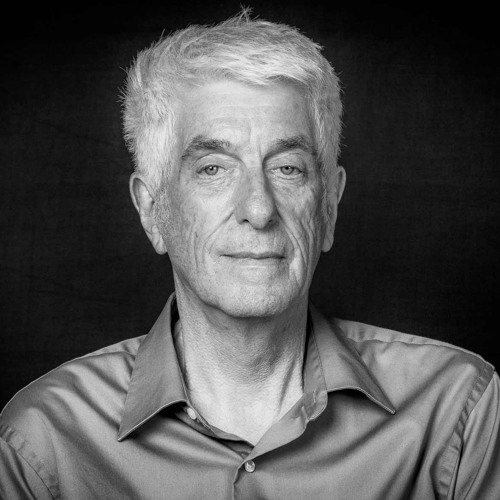
Jacques Vallee, Ph.D.
Computer scientist, venture capitalist, author, ufologist, and astronomer
- Talk
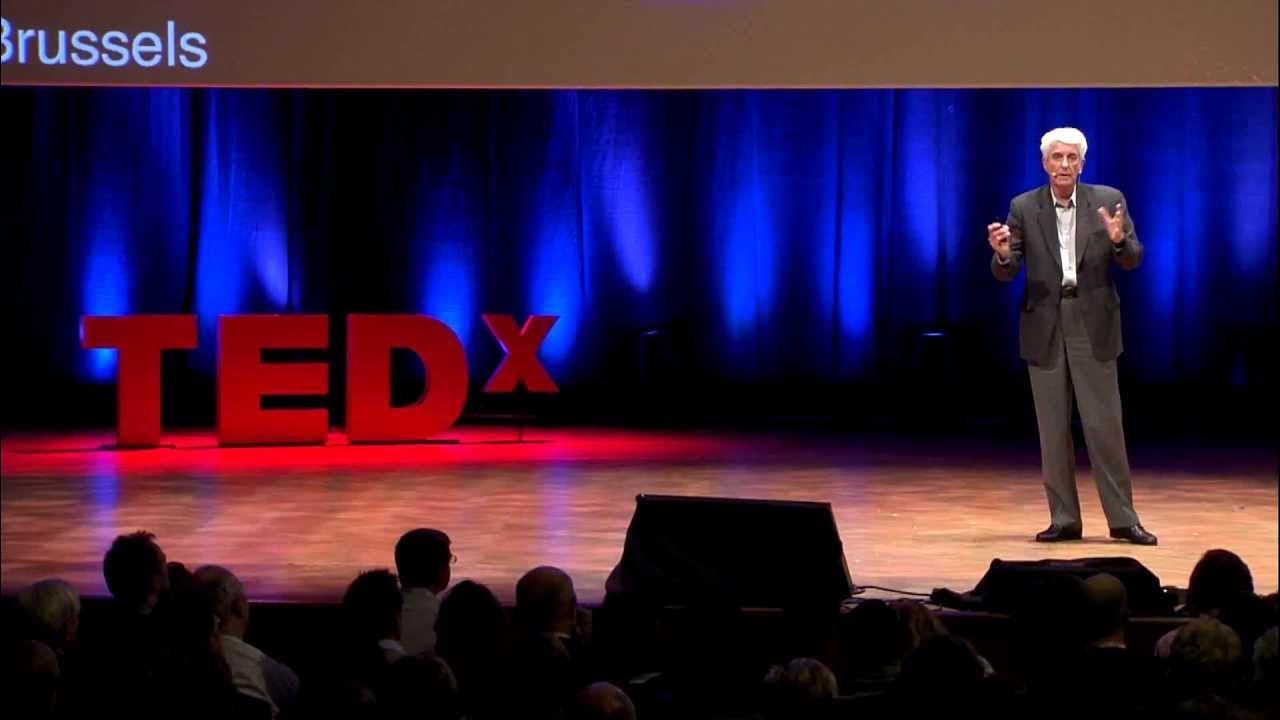
- Book
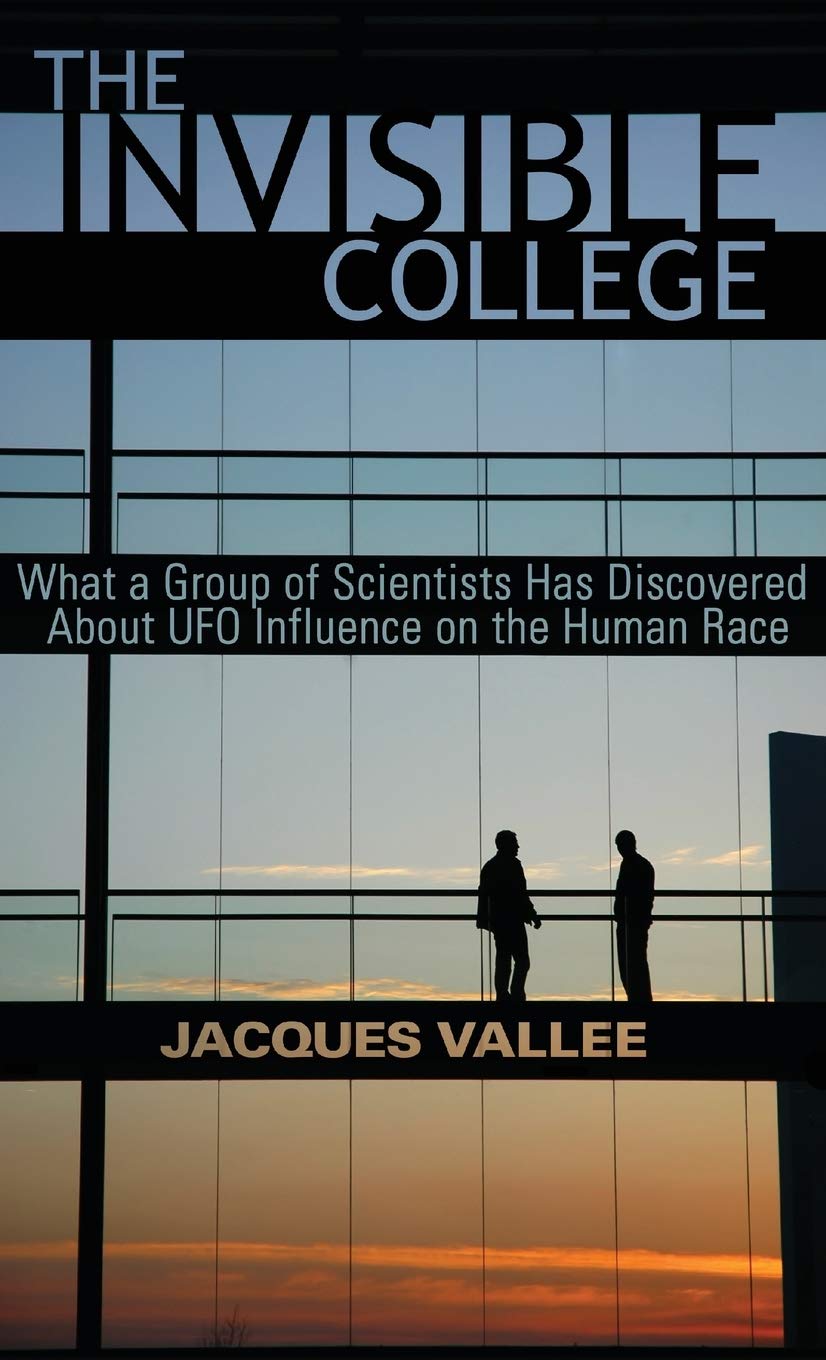 The Invisible College: What a Group of Scientists Has Discovered About UFO Influence on the Human Race1975 (Anomalist Books)
The Invisible College: What a Group of Scientists Has Discovered About UFO Influence on the Human Race1975 (Anomalist Books) - Book
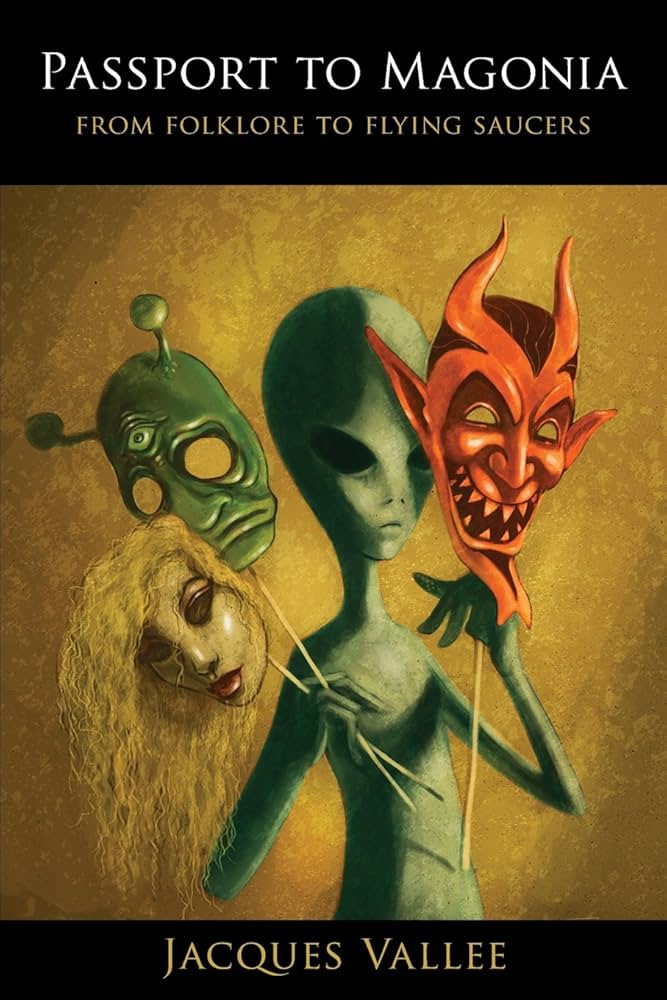
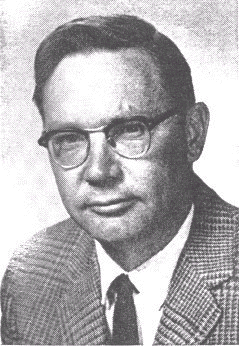
James E. McDonald, Ph.D.
Physicist, Professor of Atmospheric Sciences
- Paper
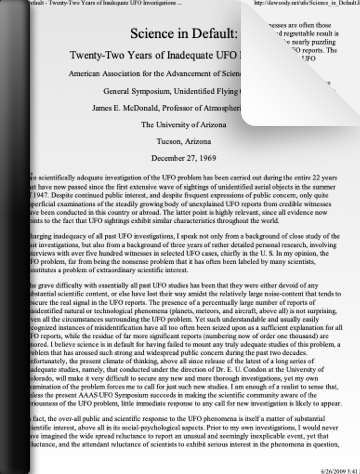 Science in Default: Twenty-Two Years of Inadequate UFO Investigations1969 (University of Arizona: American Association for the Advancement of Science, 134th Meeting)
Science in Default: Twenty-Two Years of Inadequate UFO Investigations1969 (University of Arizona: American Association for the Advancement of Science, 134th Meeting) - Statement
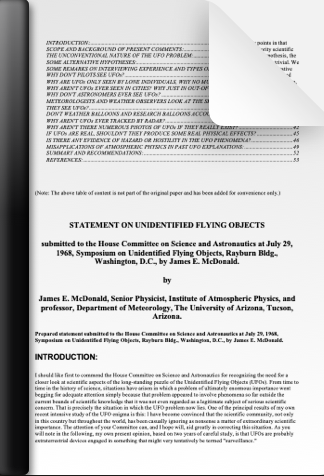 Statement on unidentified flying objects, submitted to the House Committee on Science and Astronautics1968 (July 29, 1968 Symposium on Unidentified Flying Objects, Rayburn Bldg., Washington, D.C.)
Statement on unidentified flying objects, submitted to the House Committee on Science and Astronautics1968 (July 29, 1968 Symposium on Unidentified Flying Objects, Rayburn Bldg., Washington, D.C.) - Interview
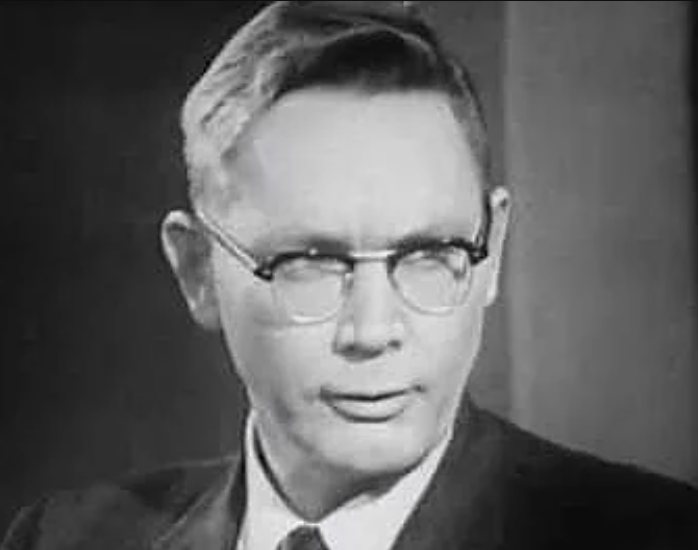
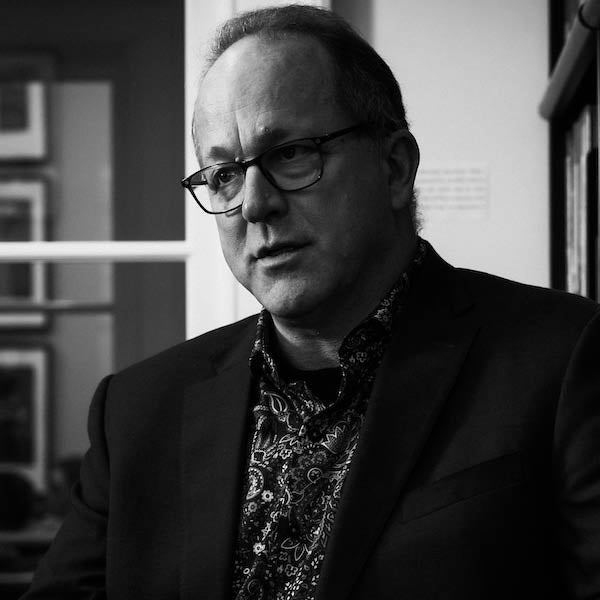
Jeffrey Kripal, Ph.D.
J. Newton Rayzor Chair in Philosophy and Religious Thought, Rice University
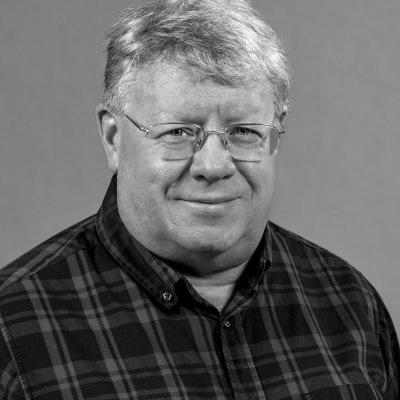
Kevin Knuth, Ph.D.
Professor of Physics, University at Albany
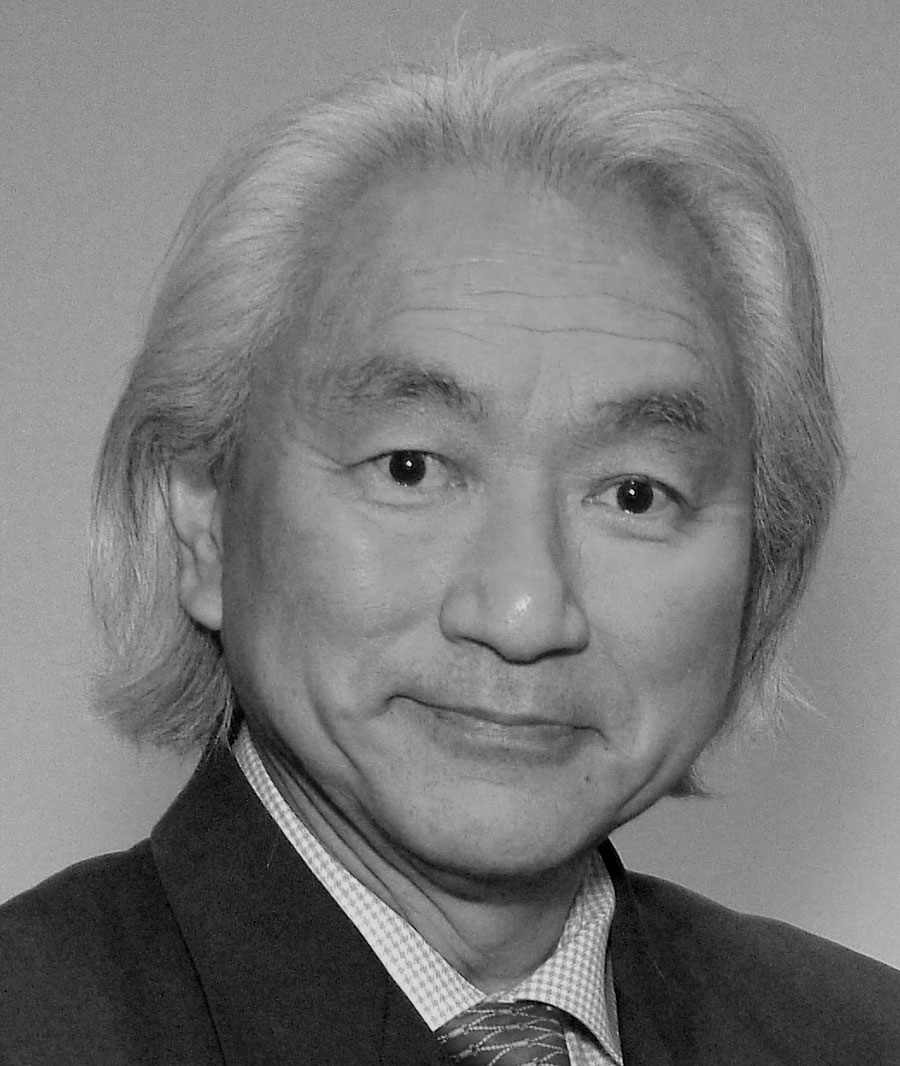
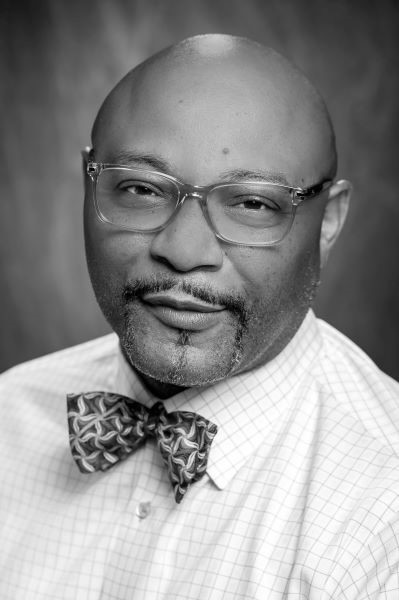
Stephen Finley, Ph.D.
Chair of African and African American Studies, Louisiana State University
